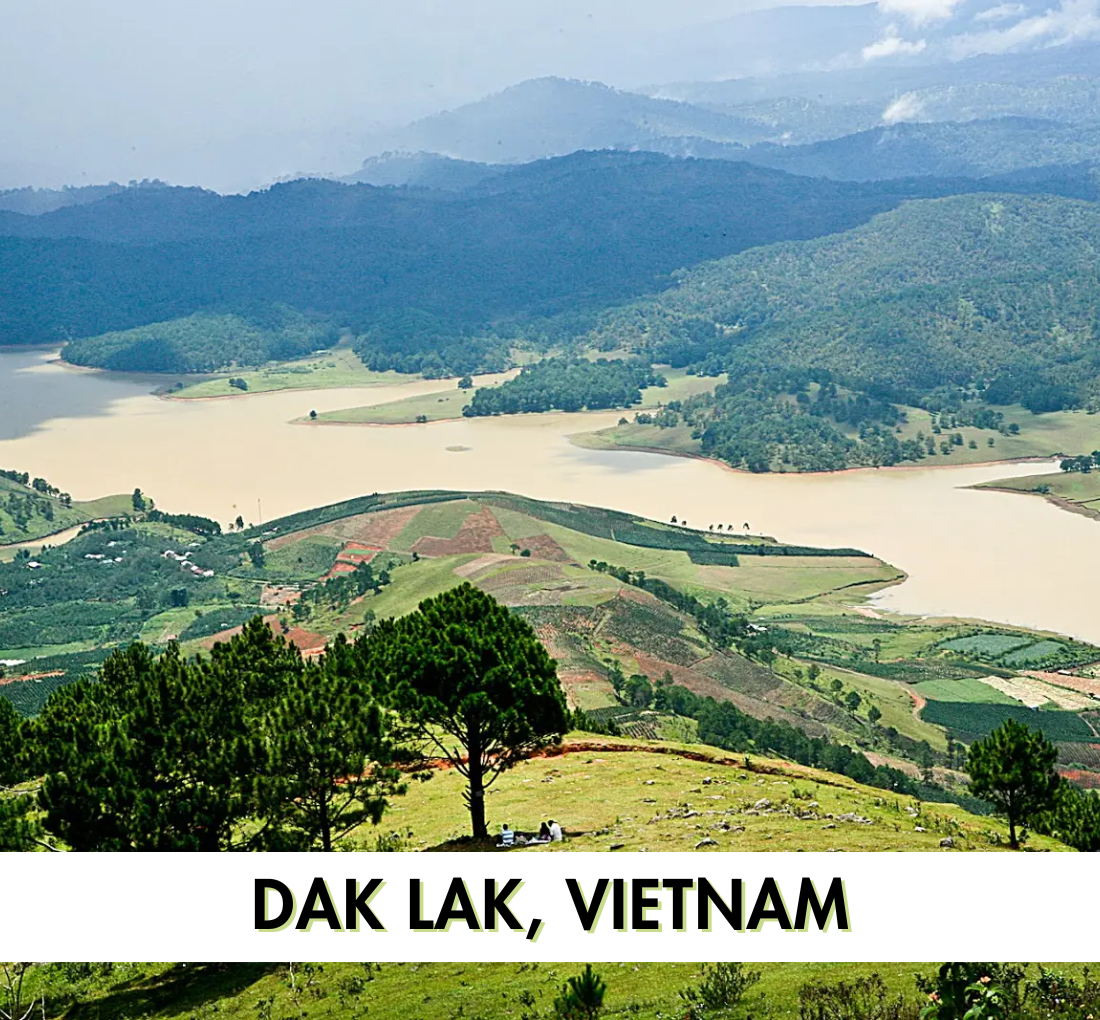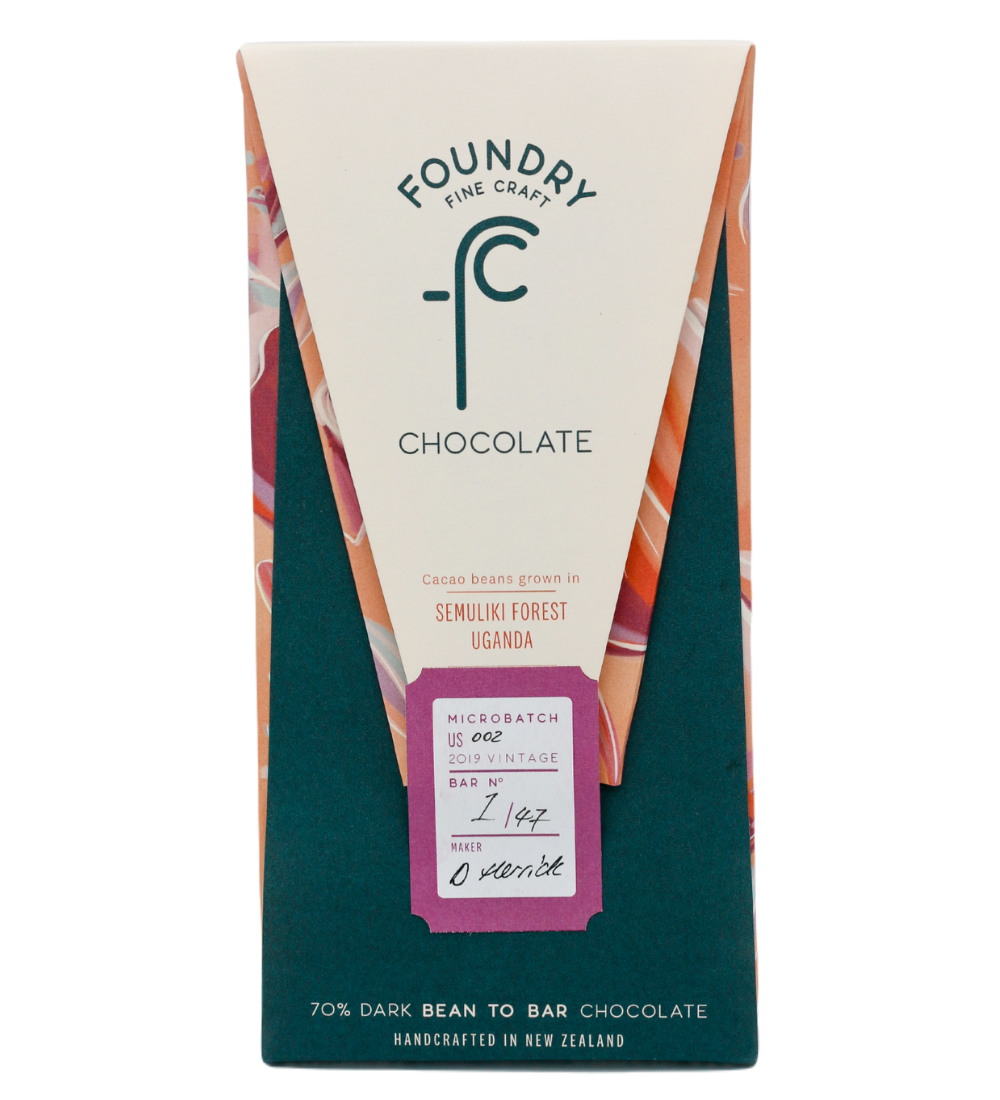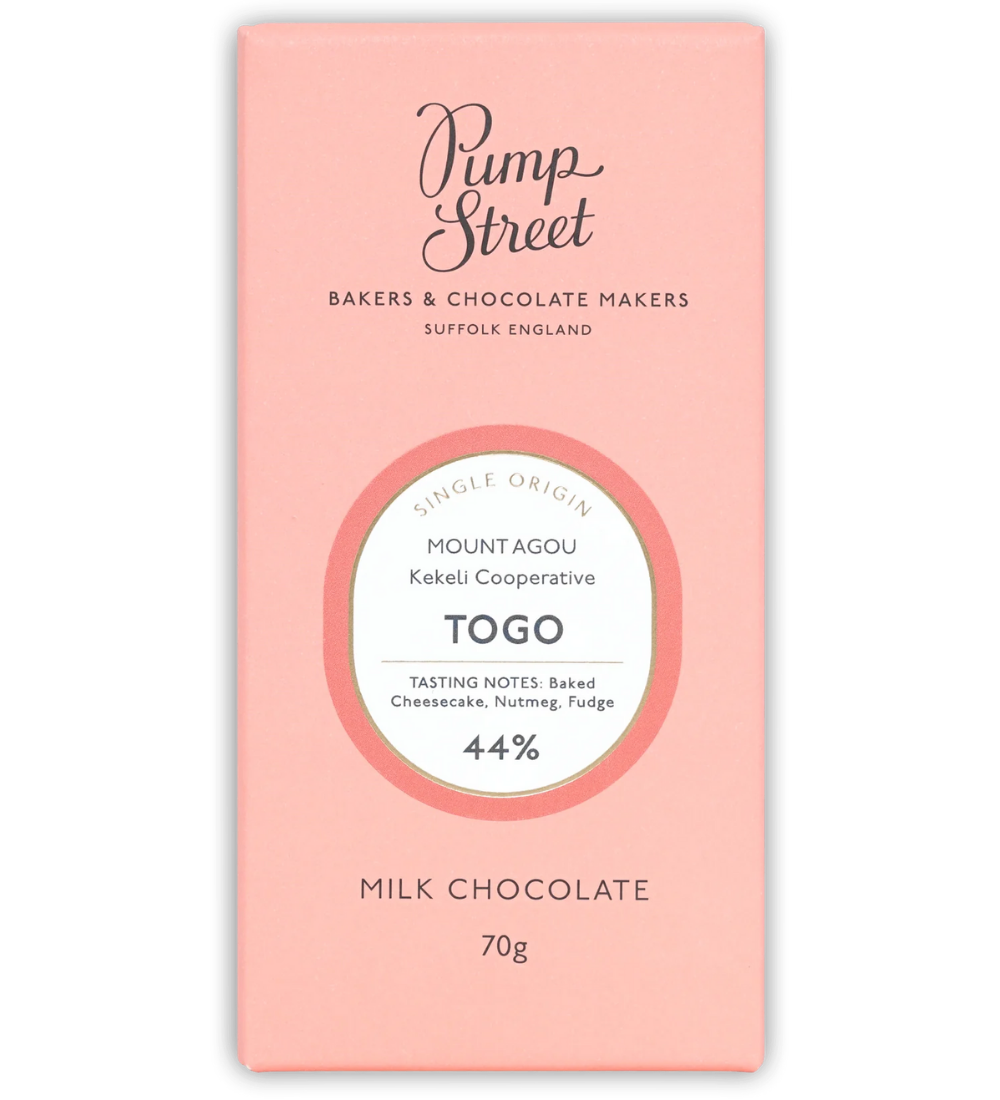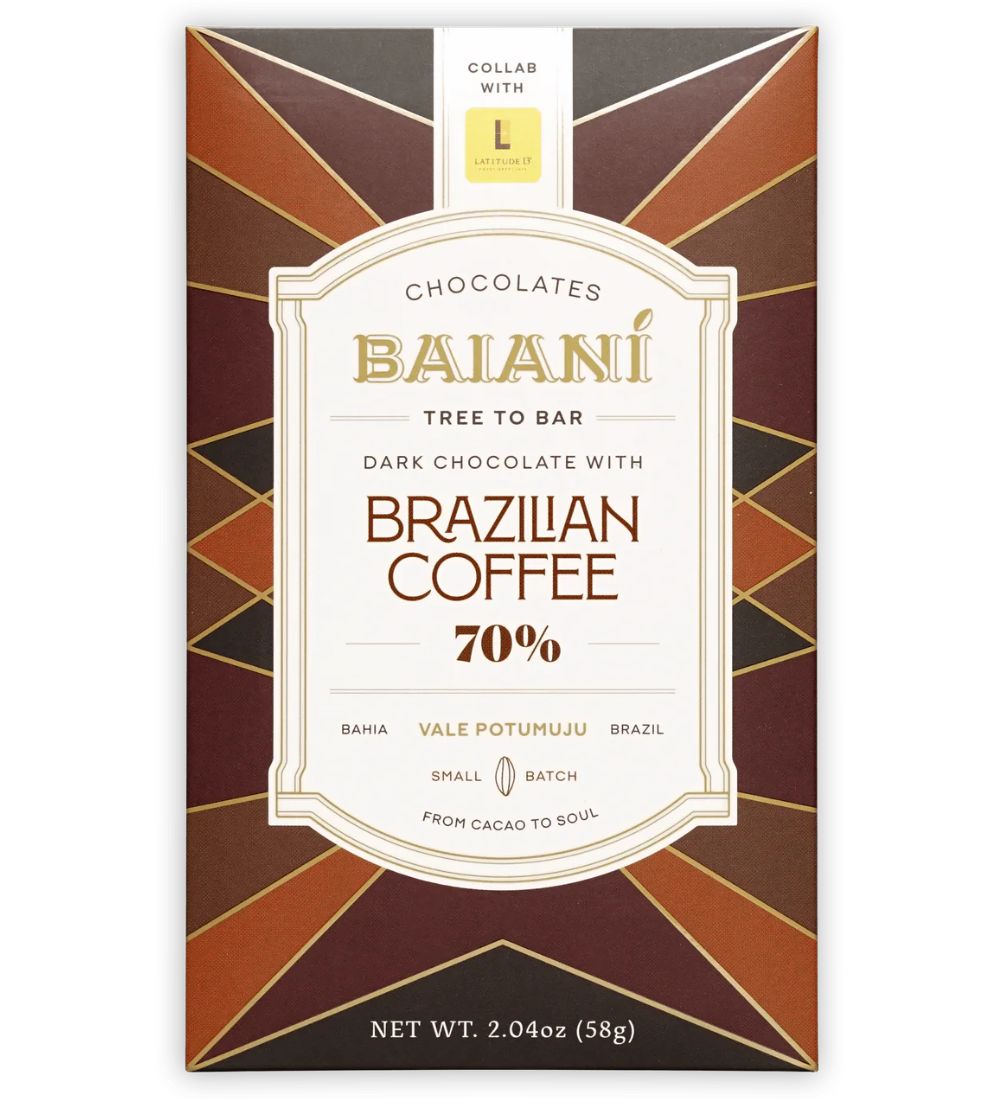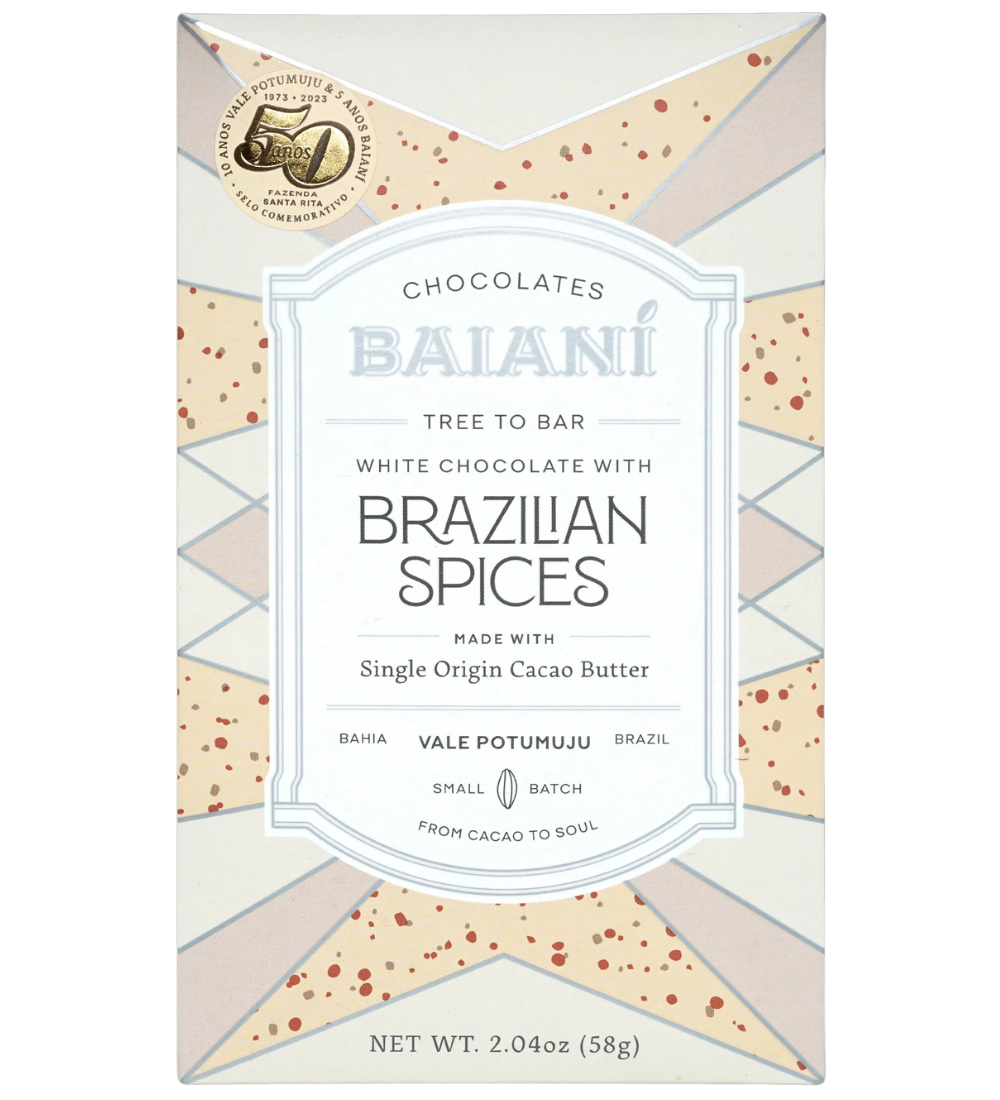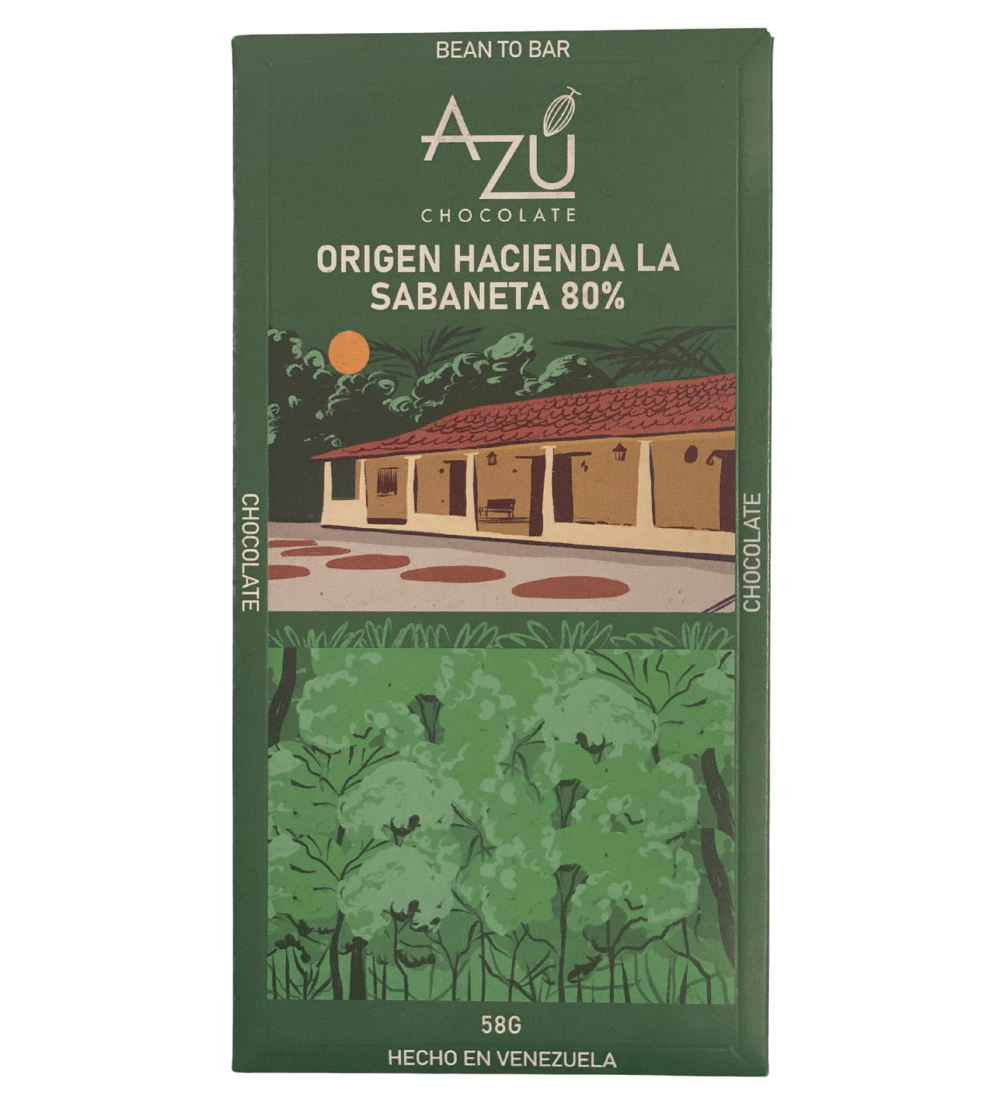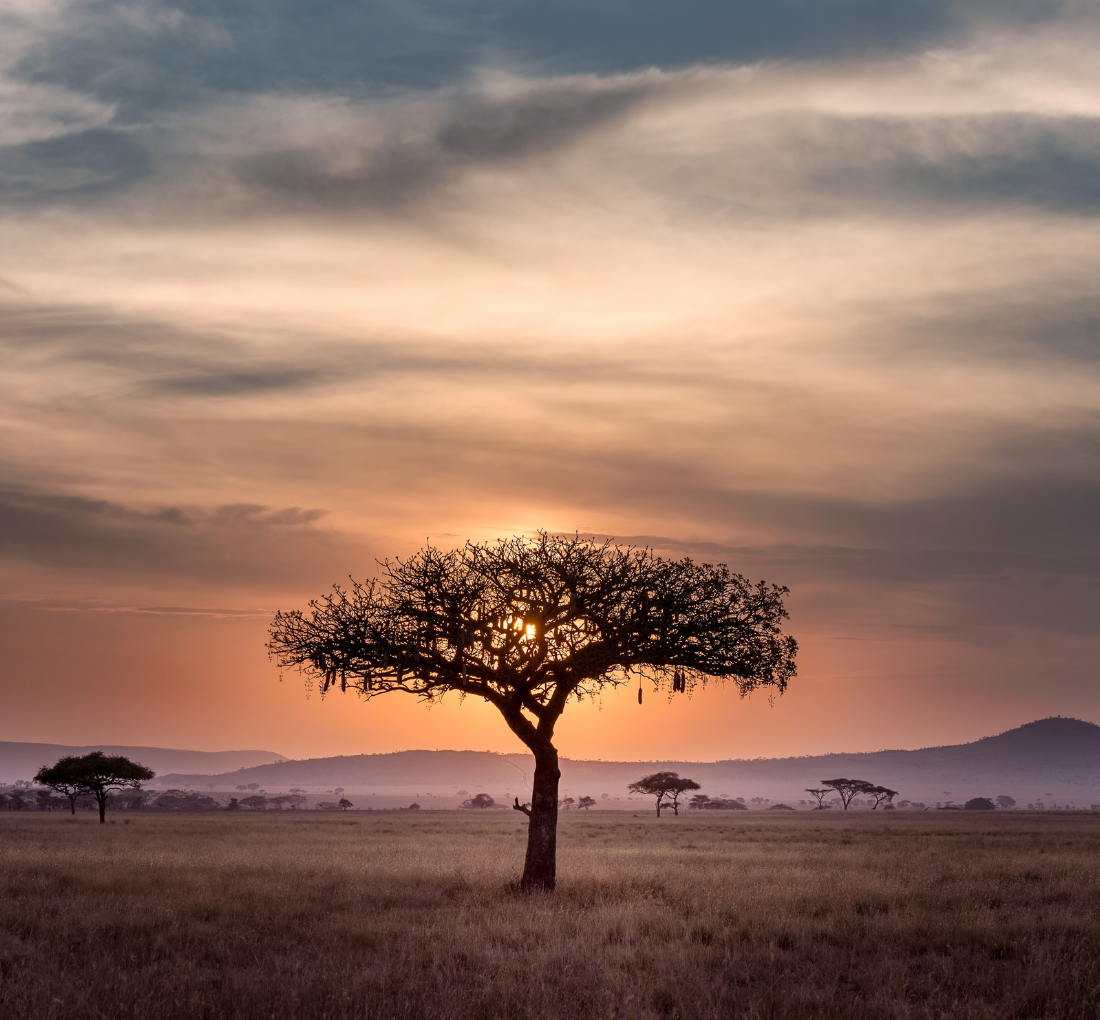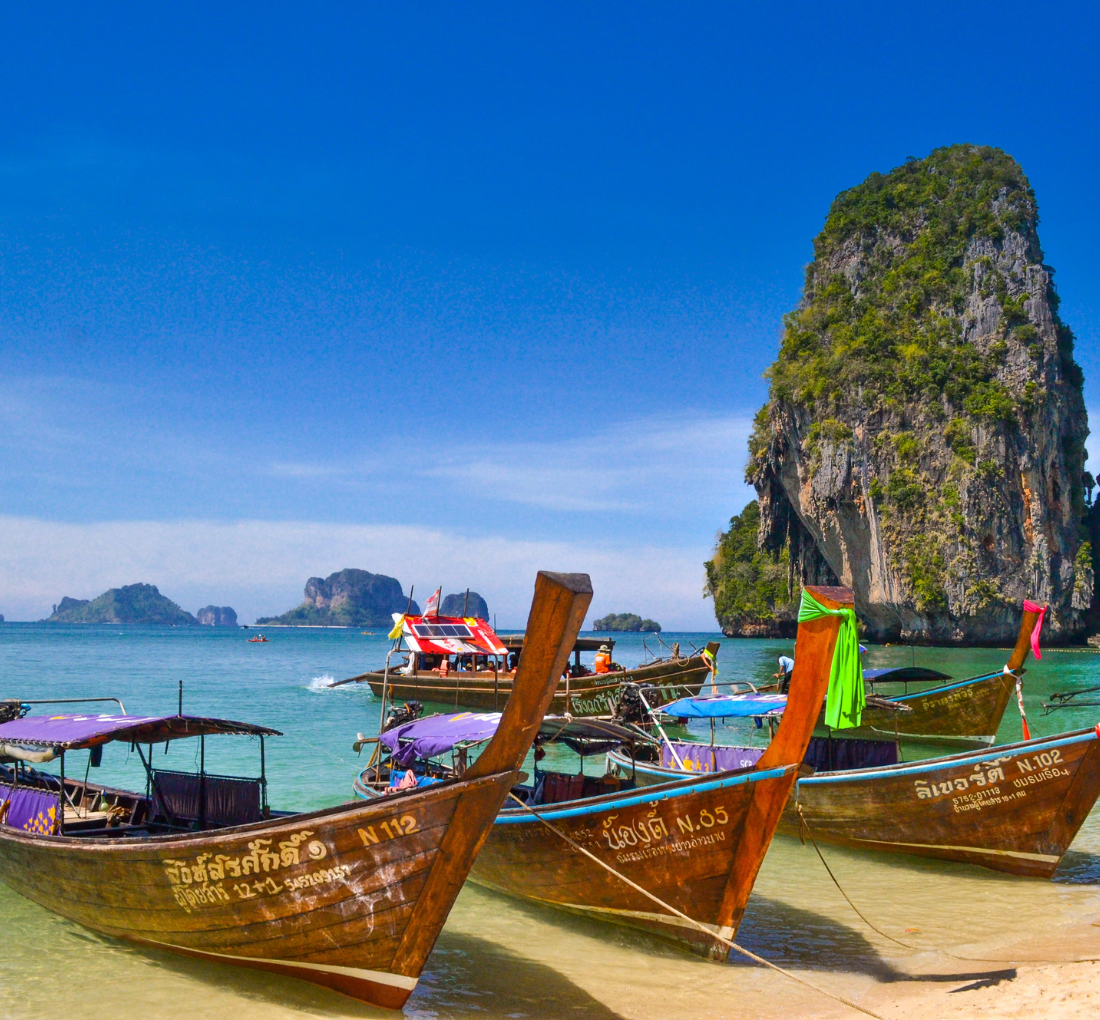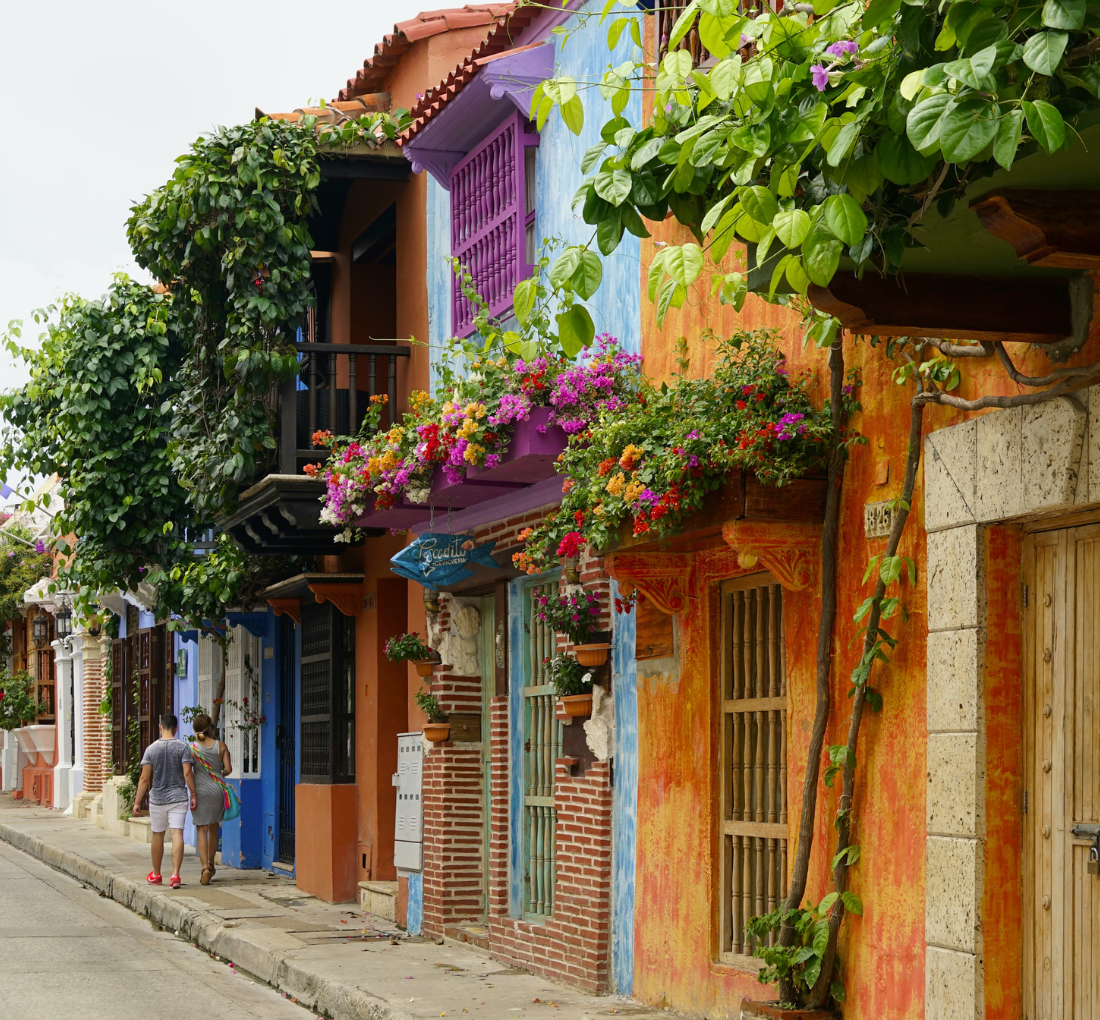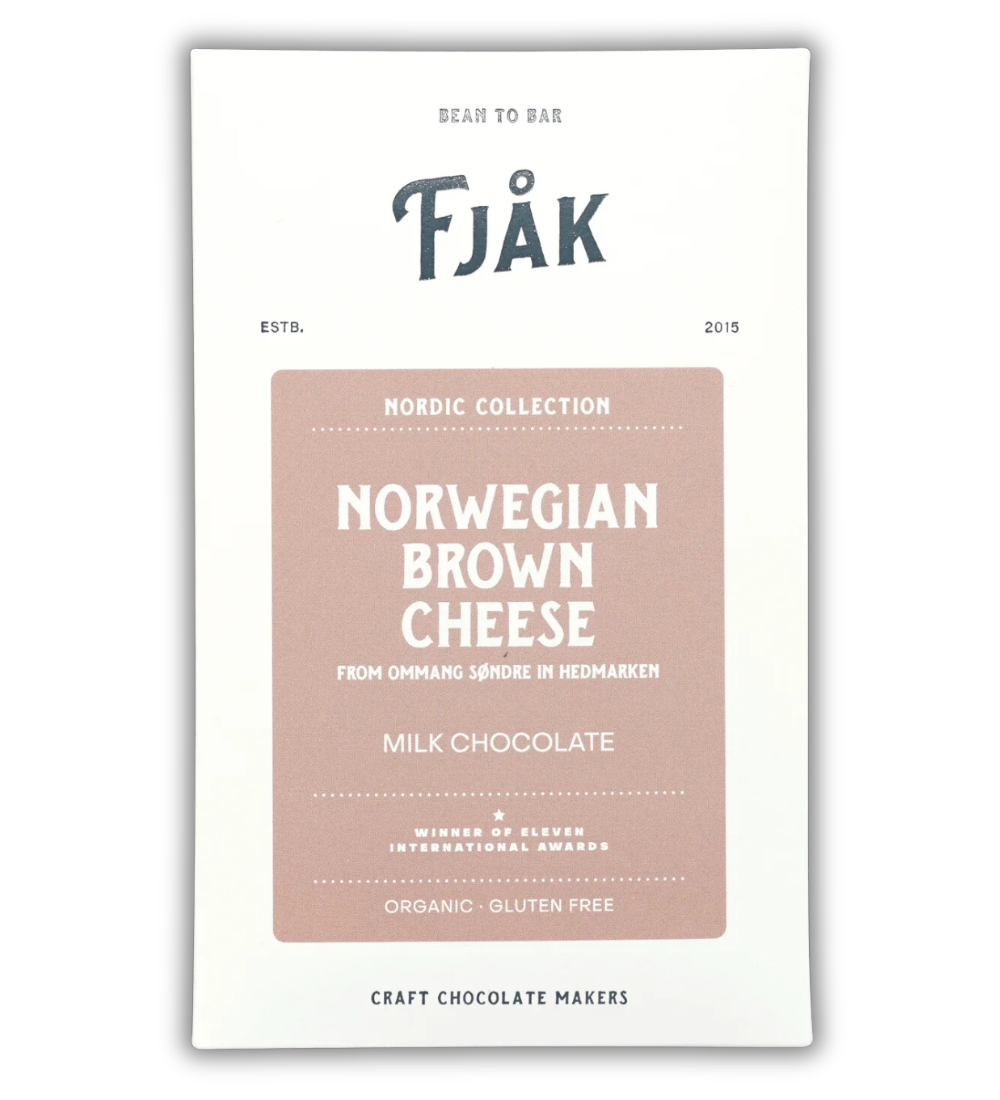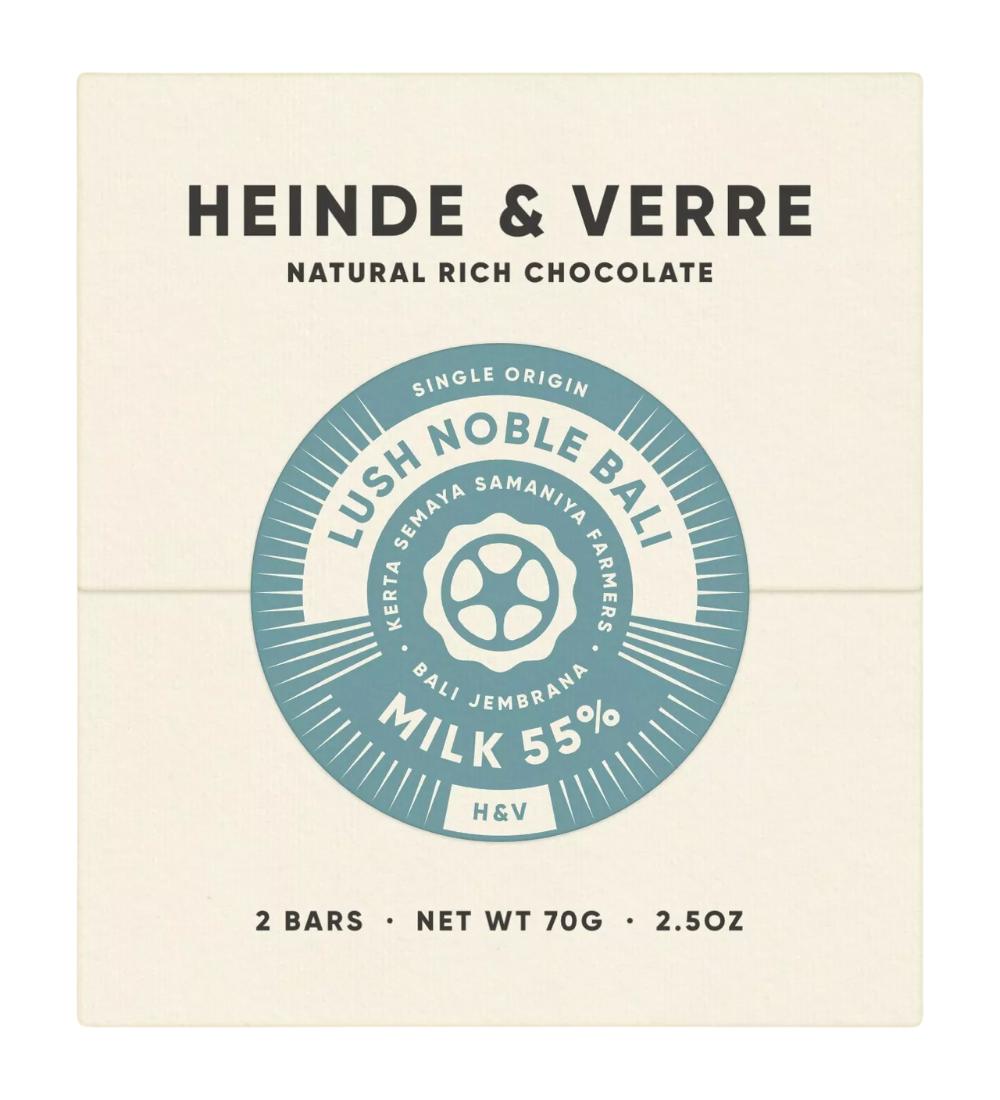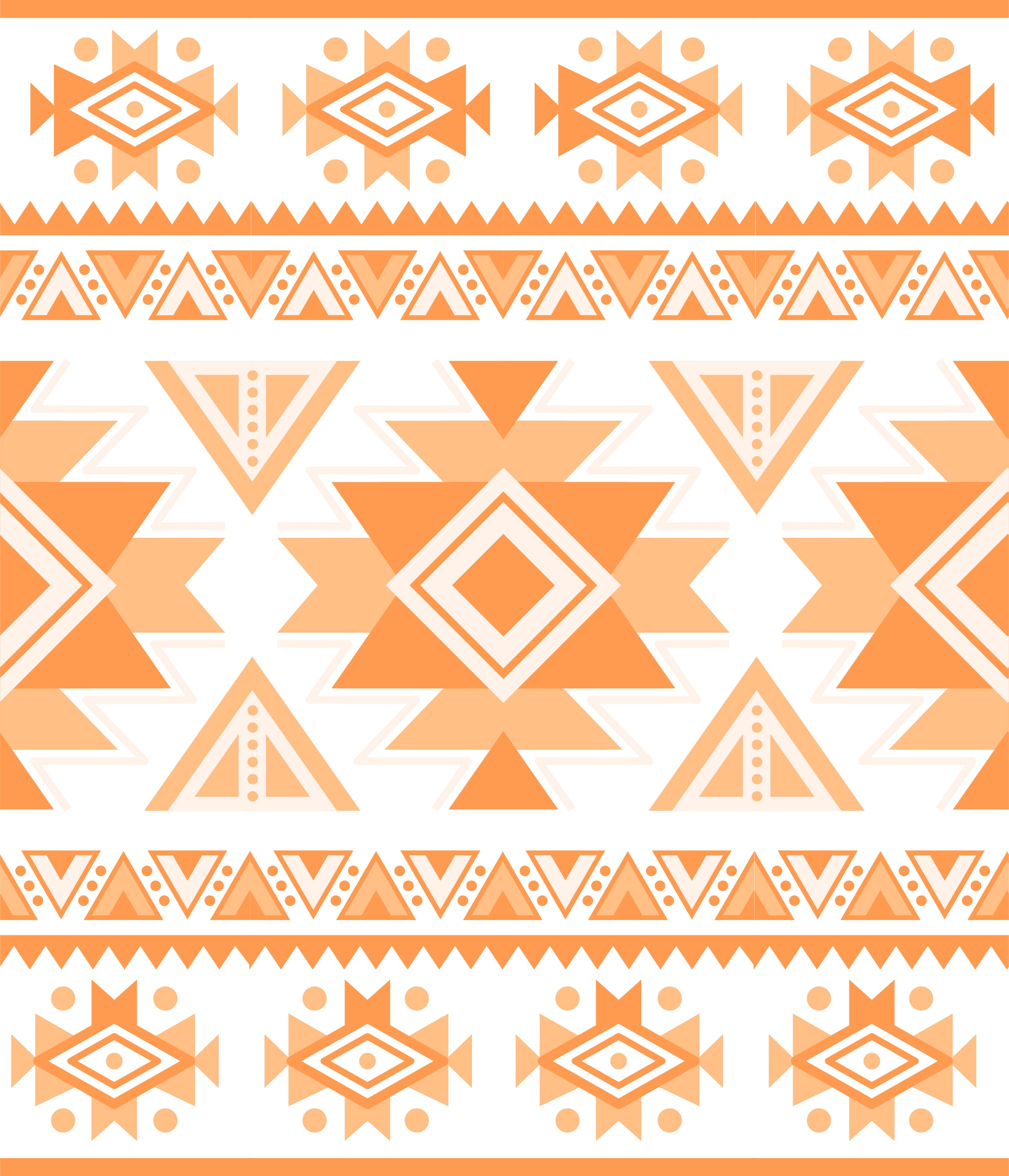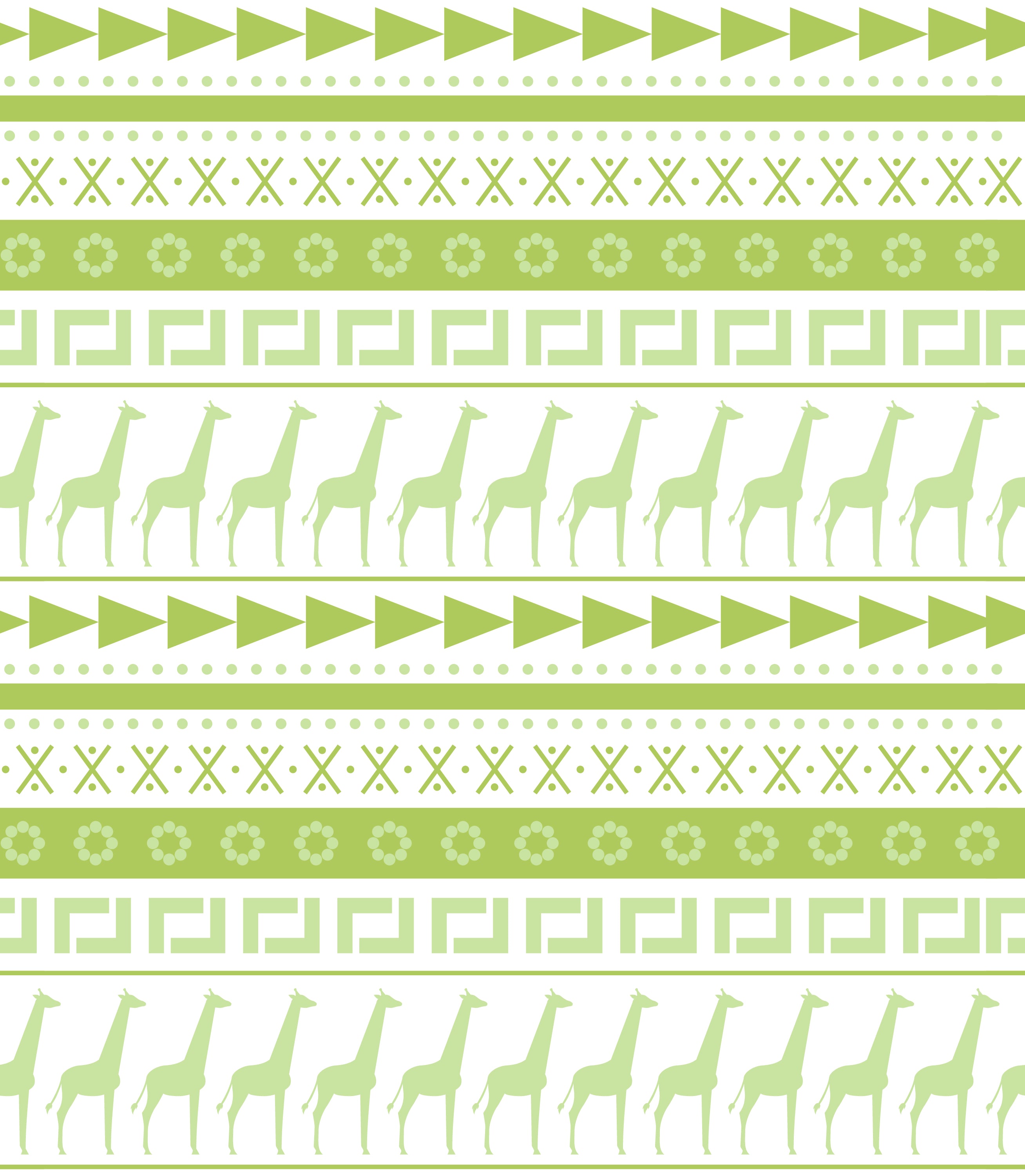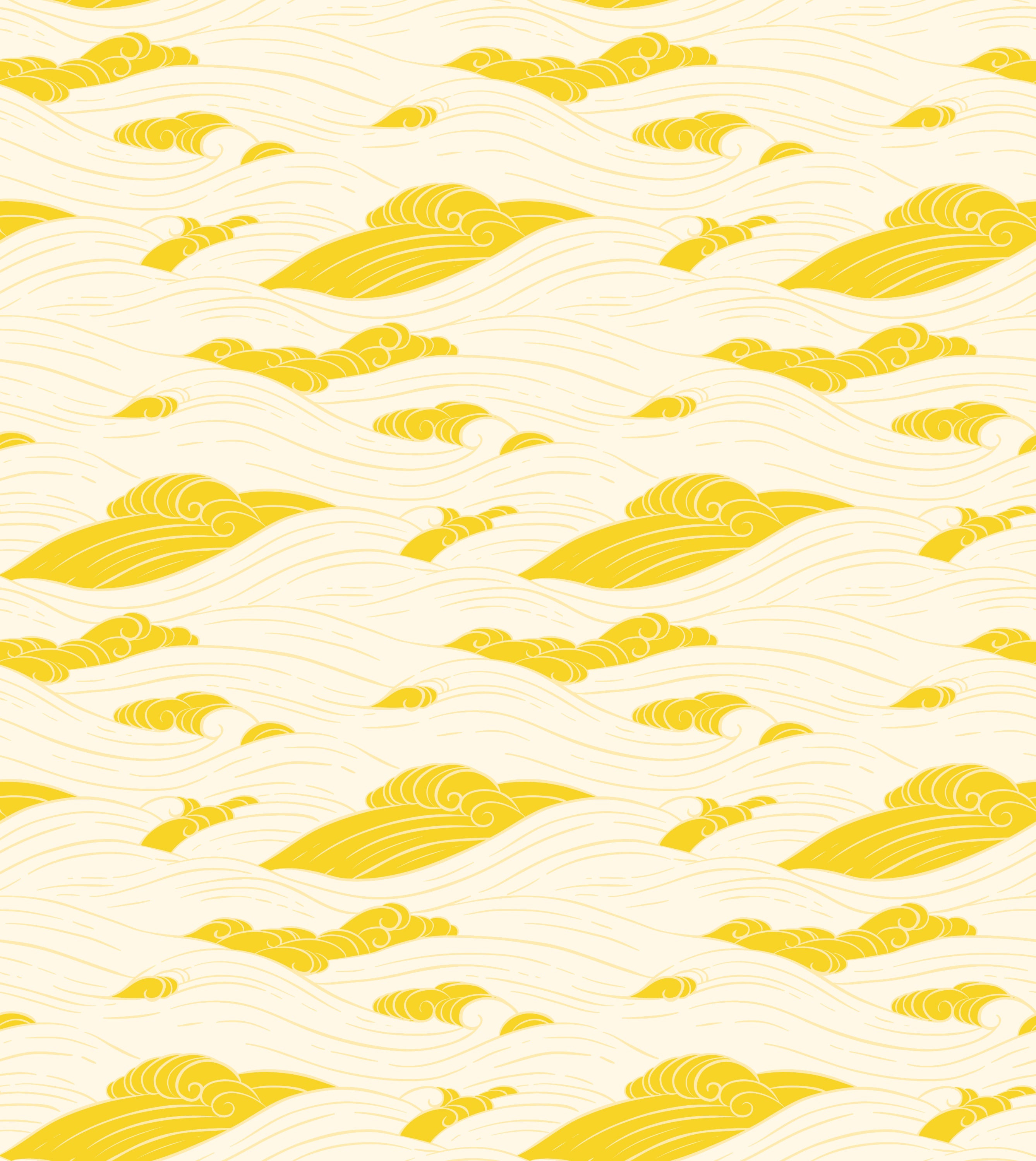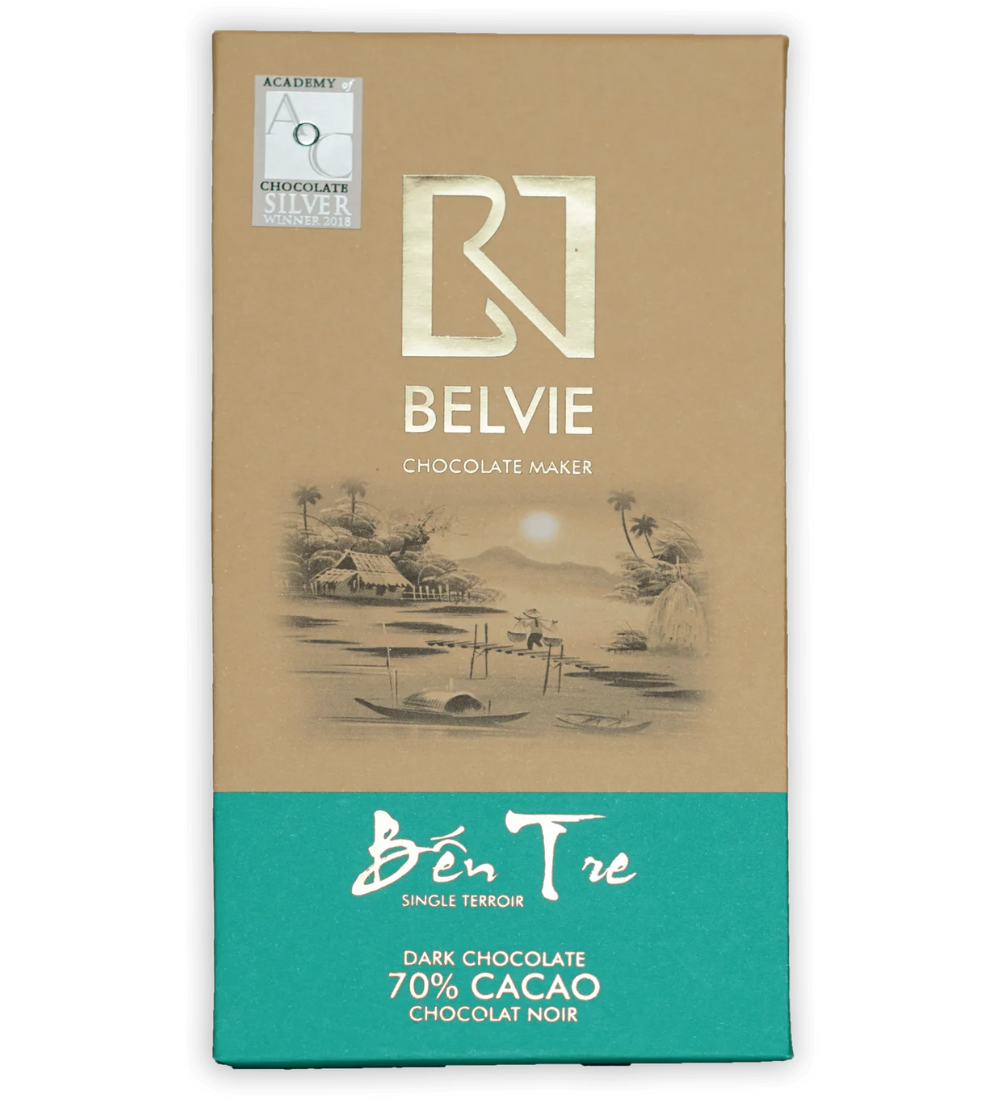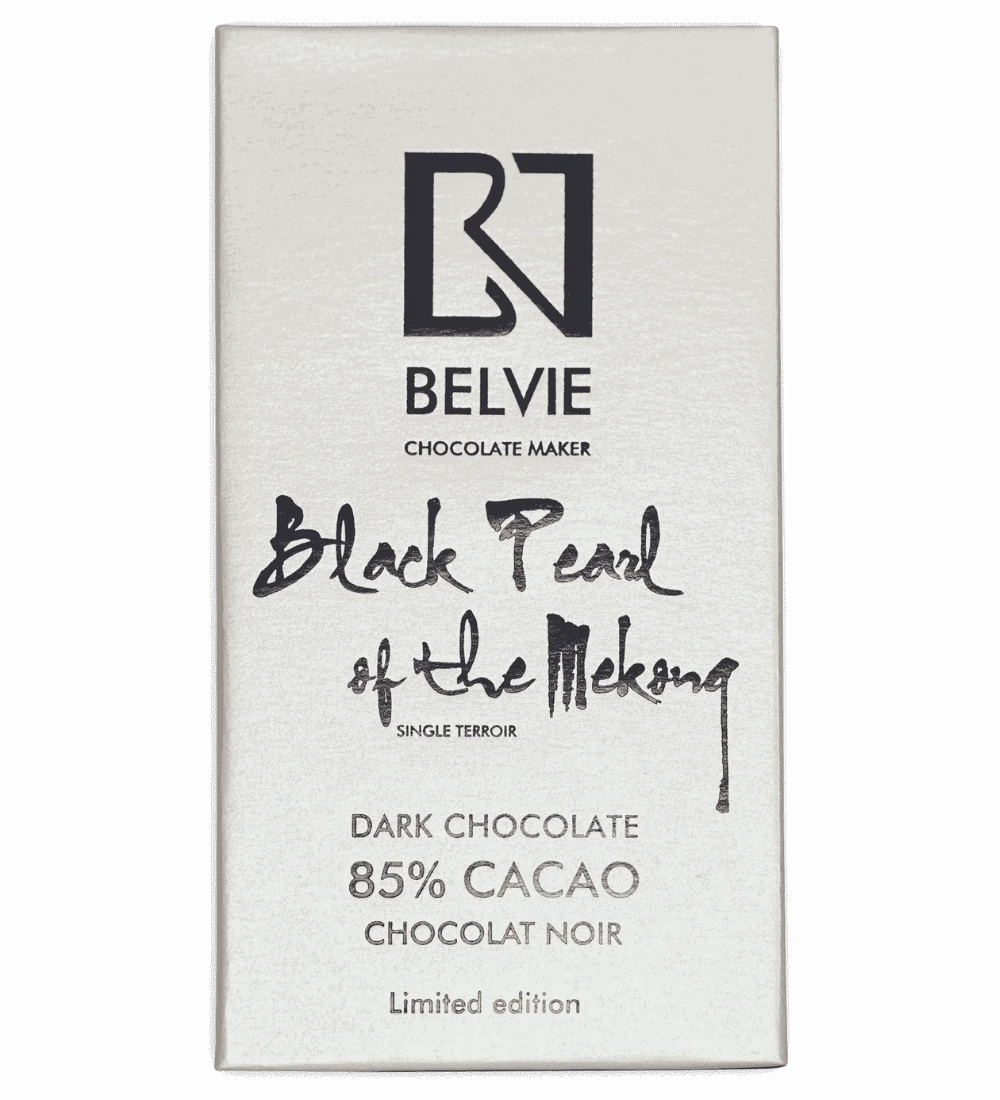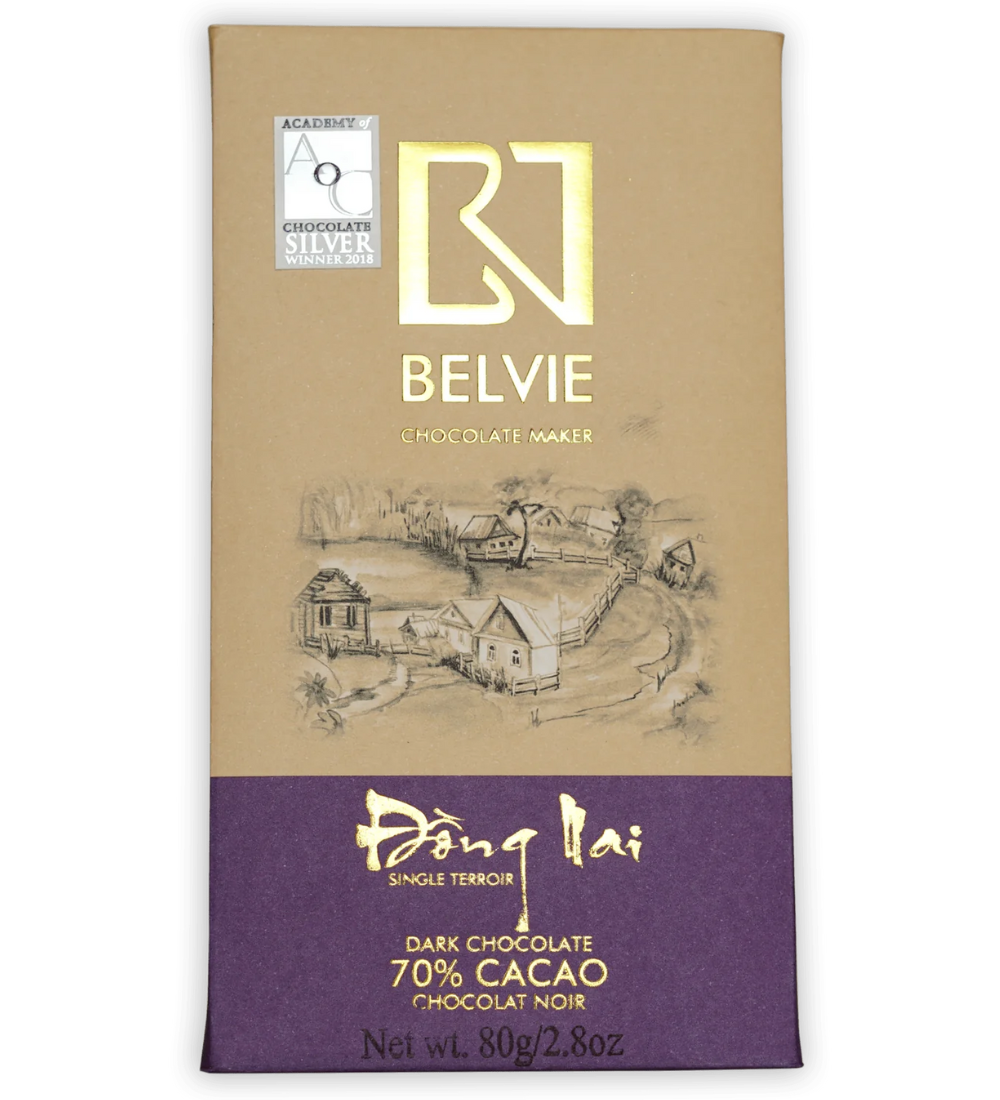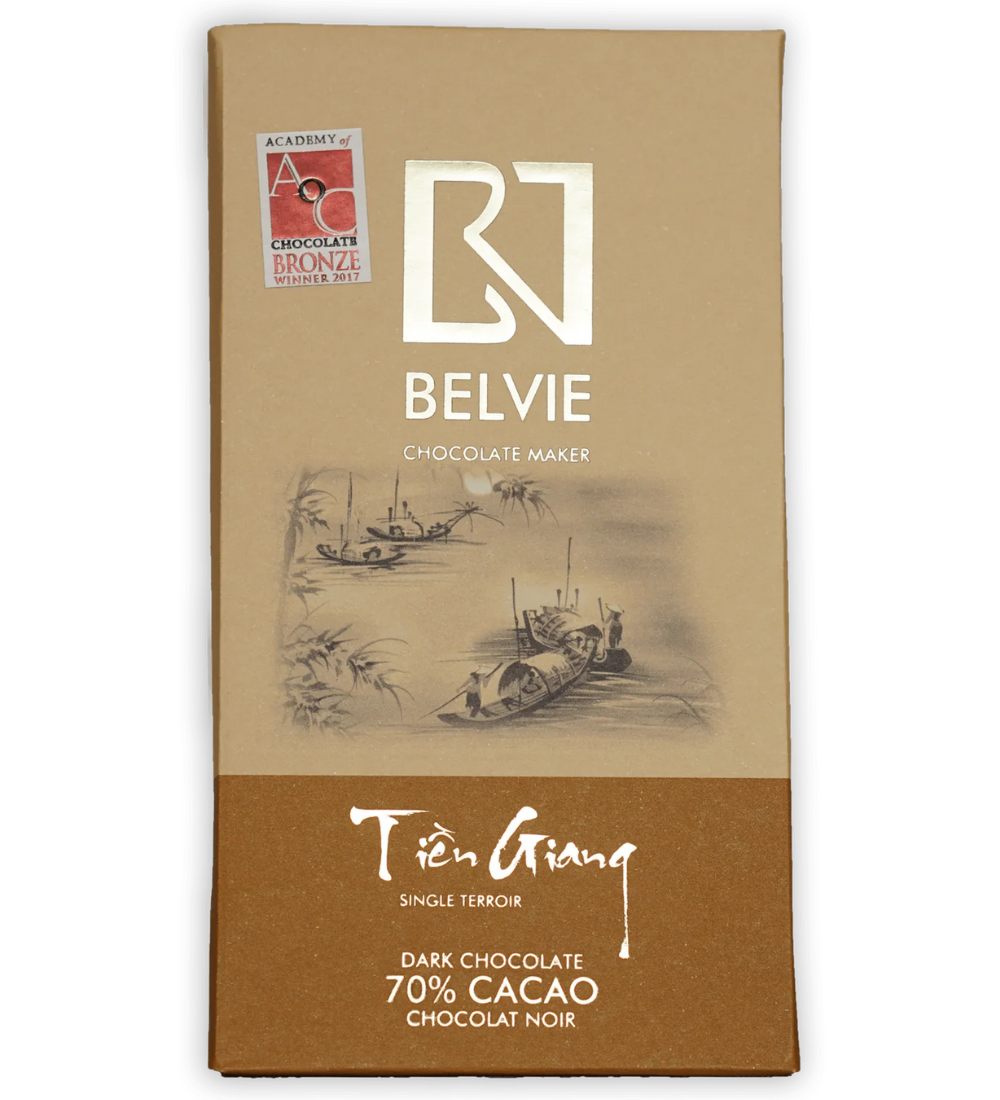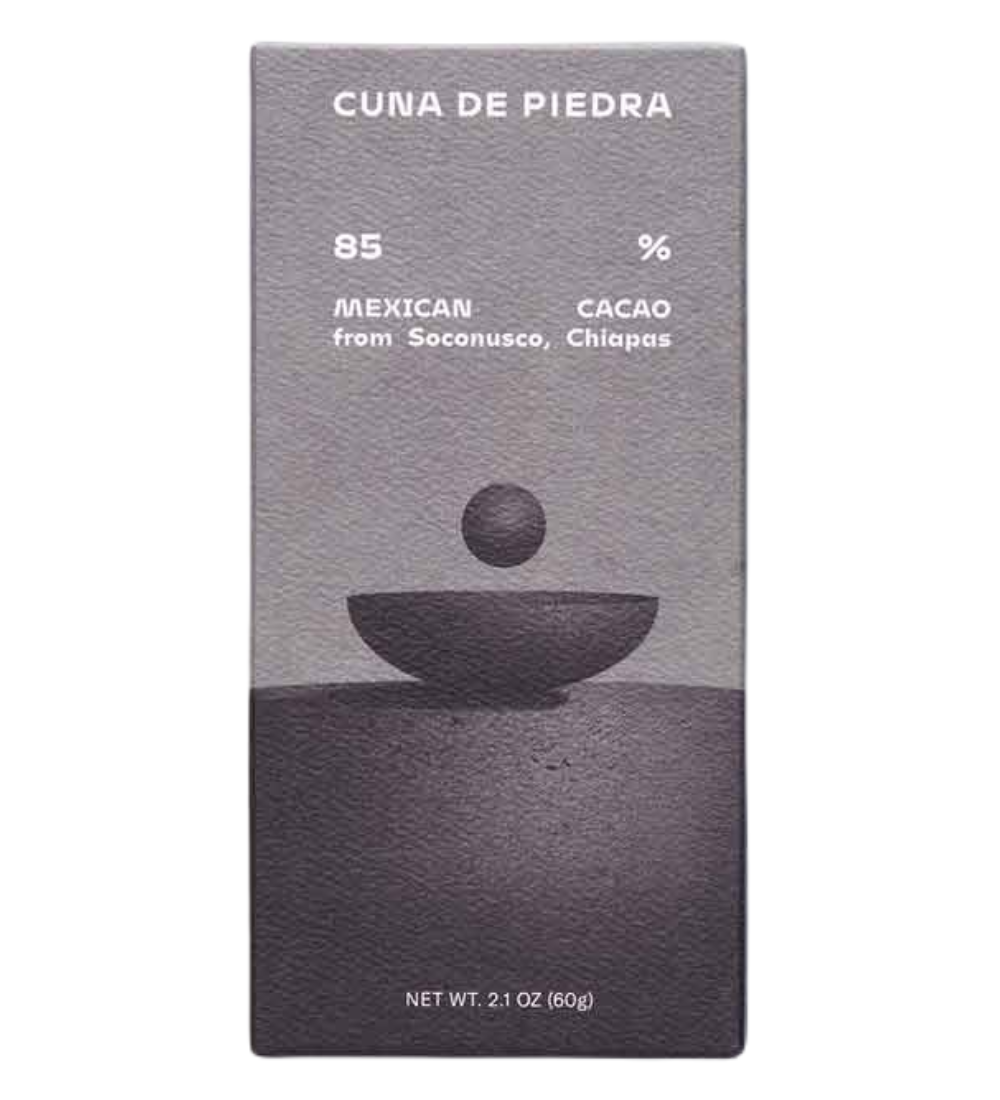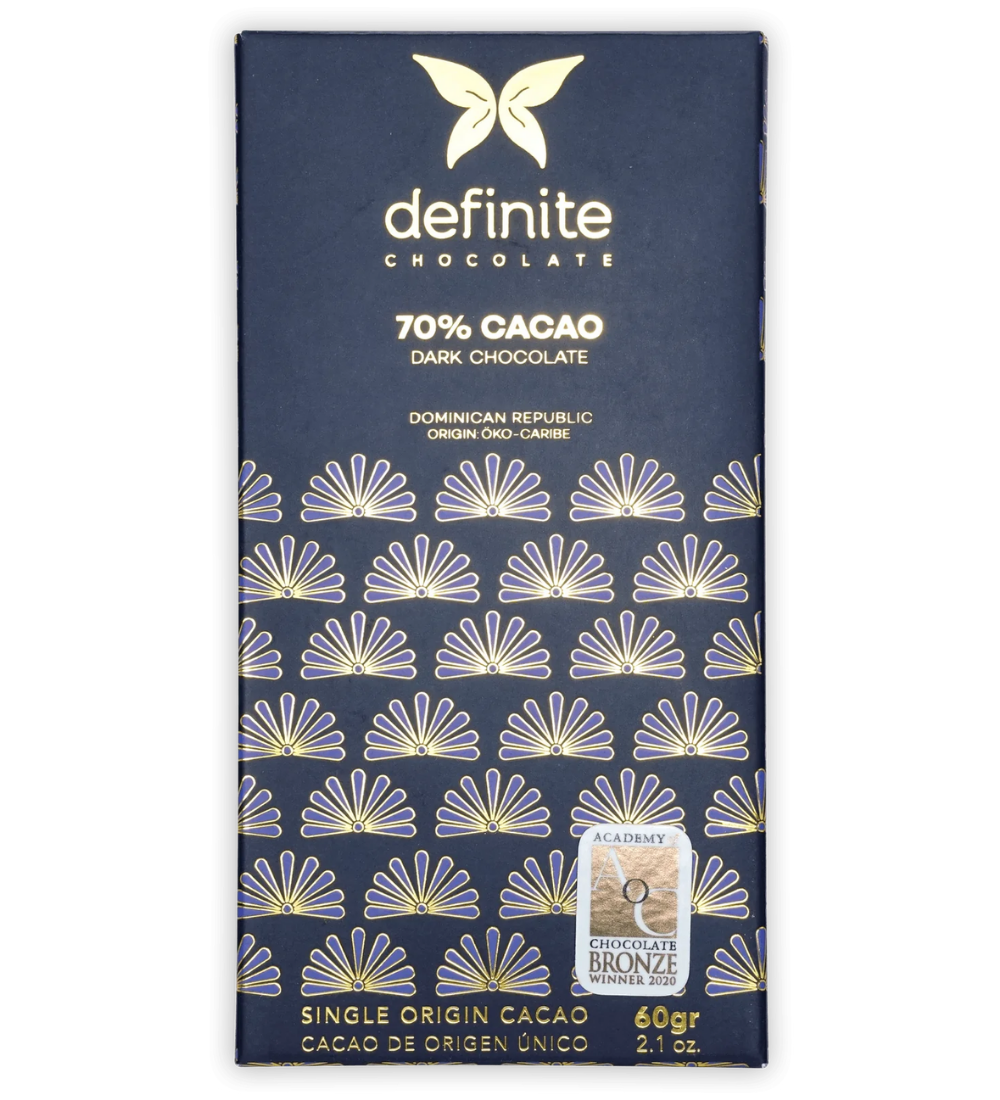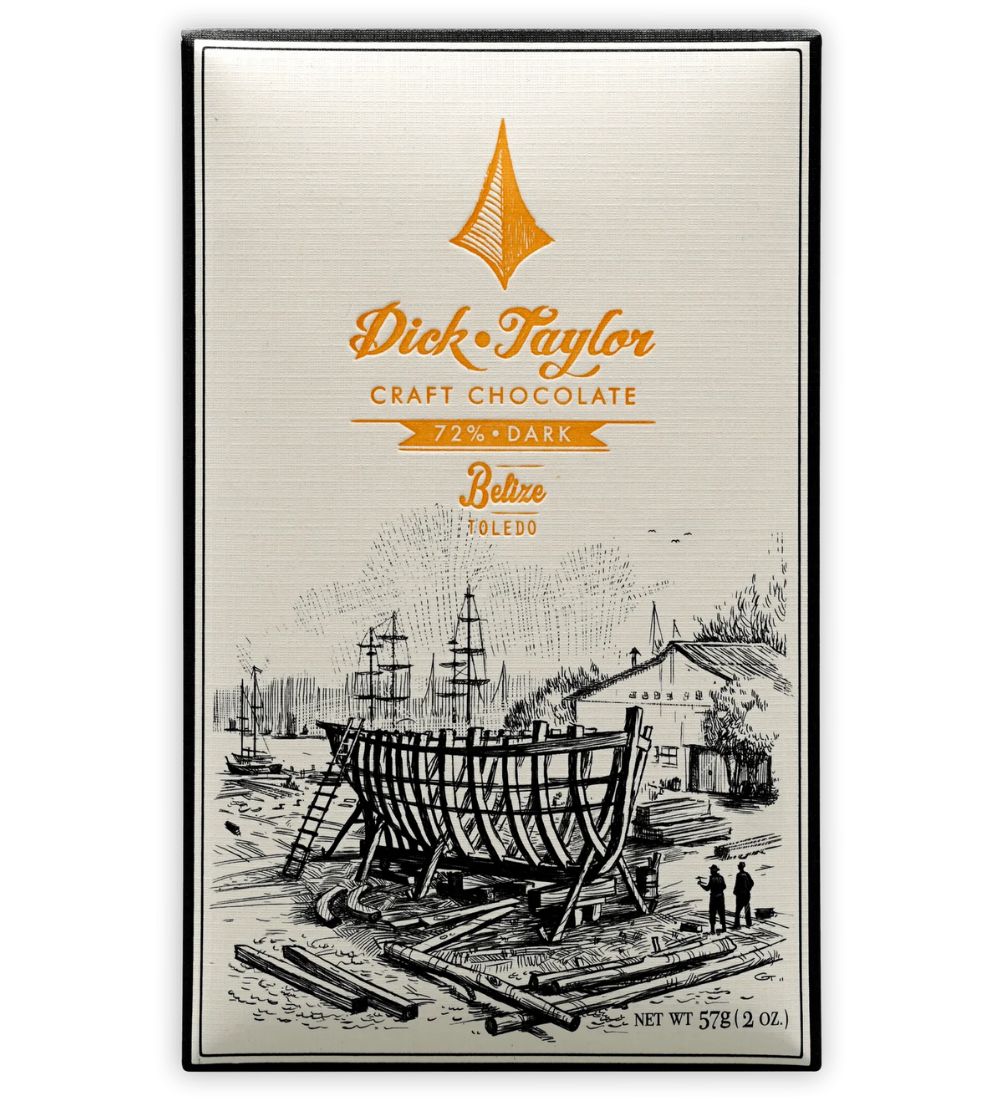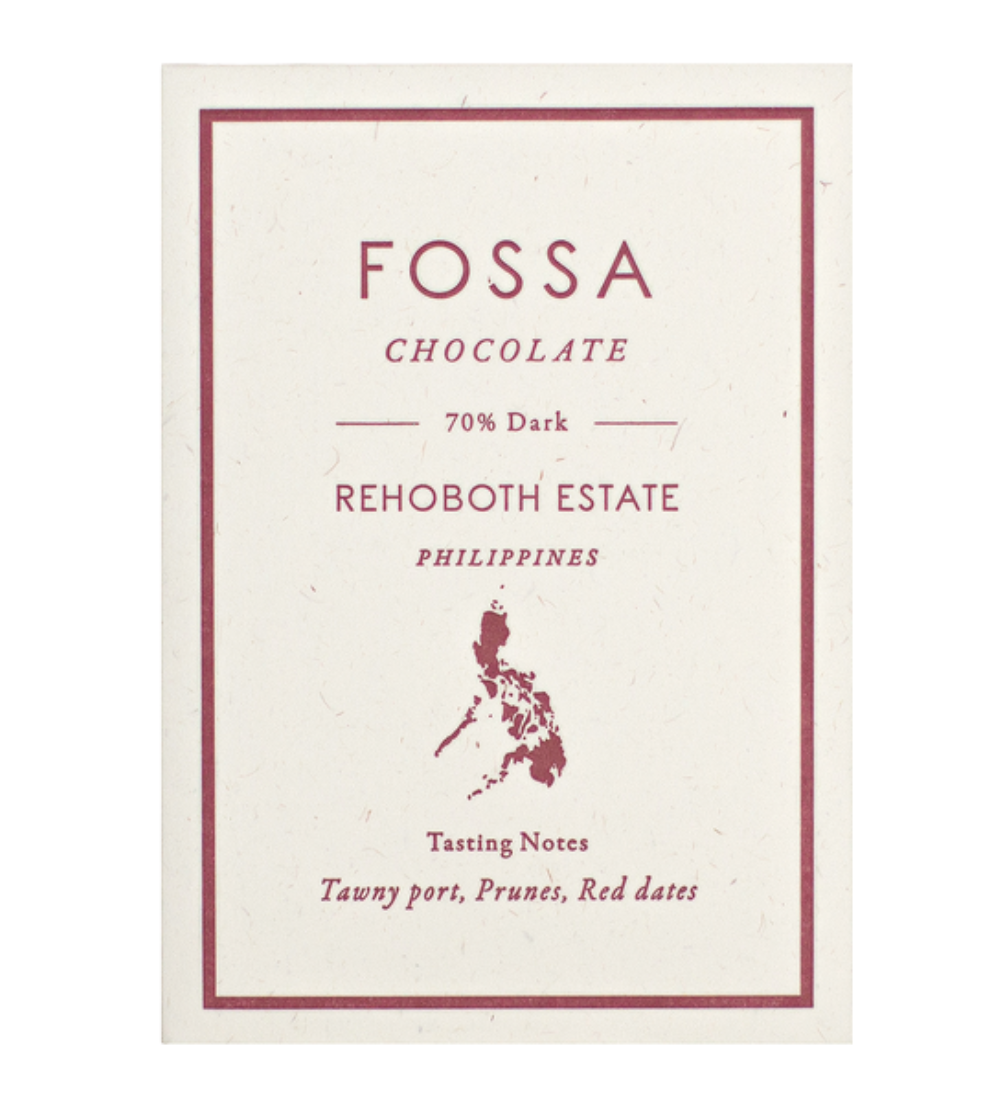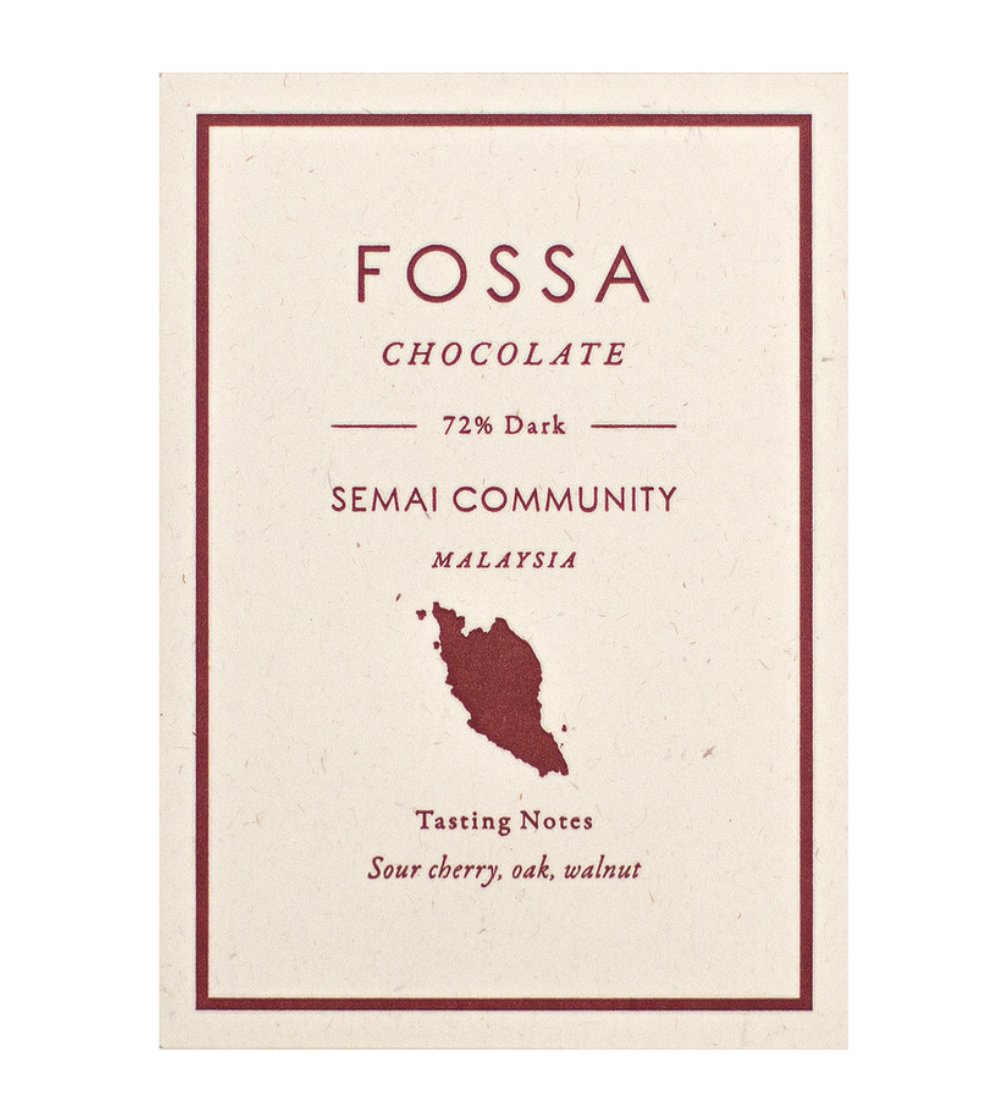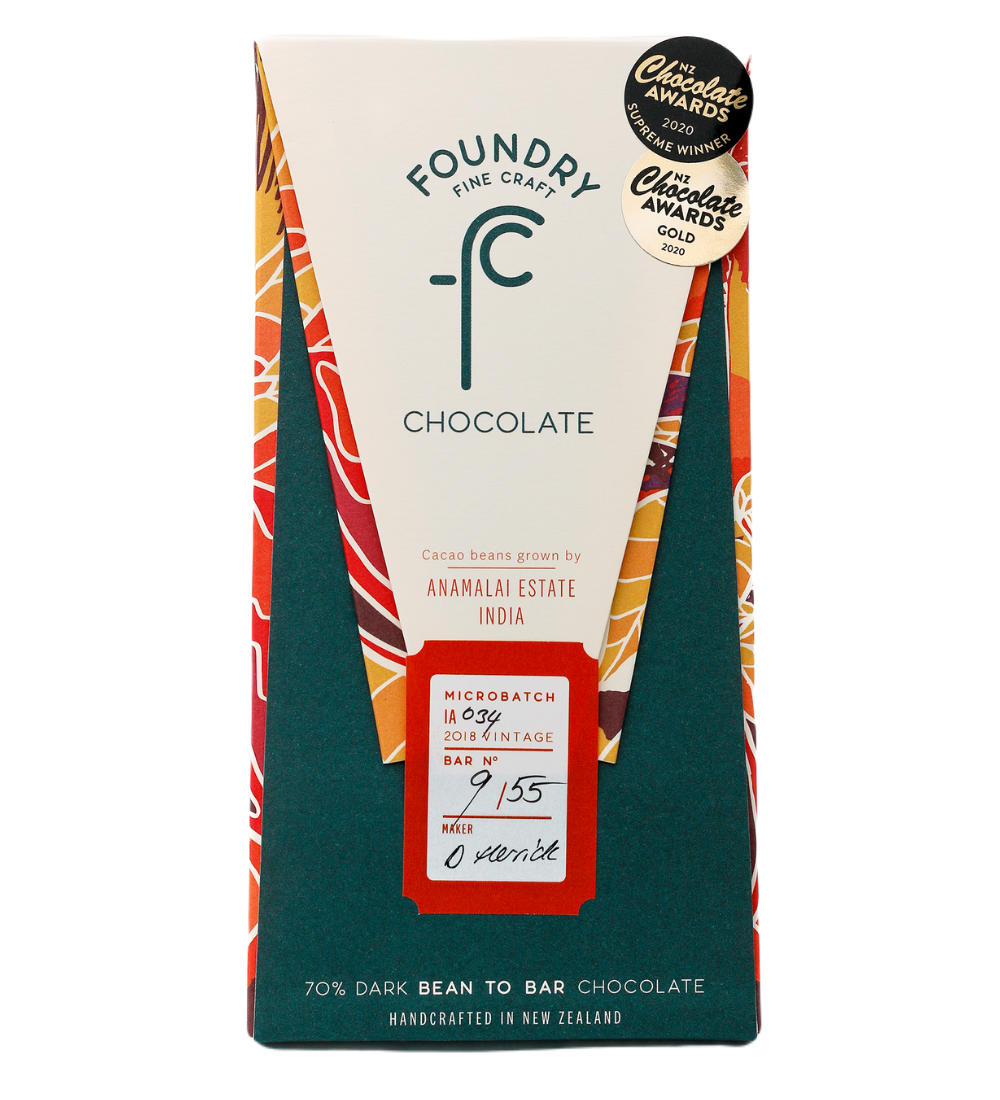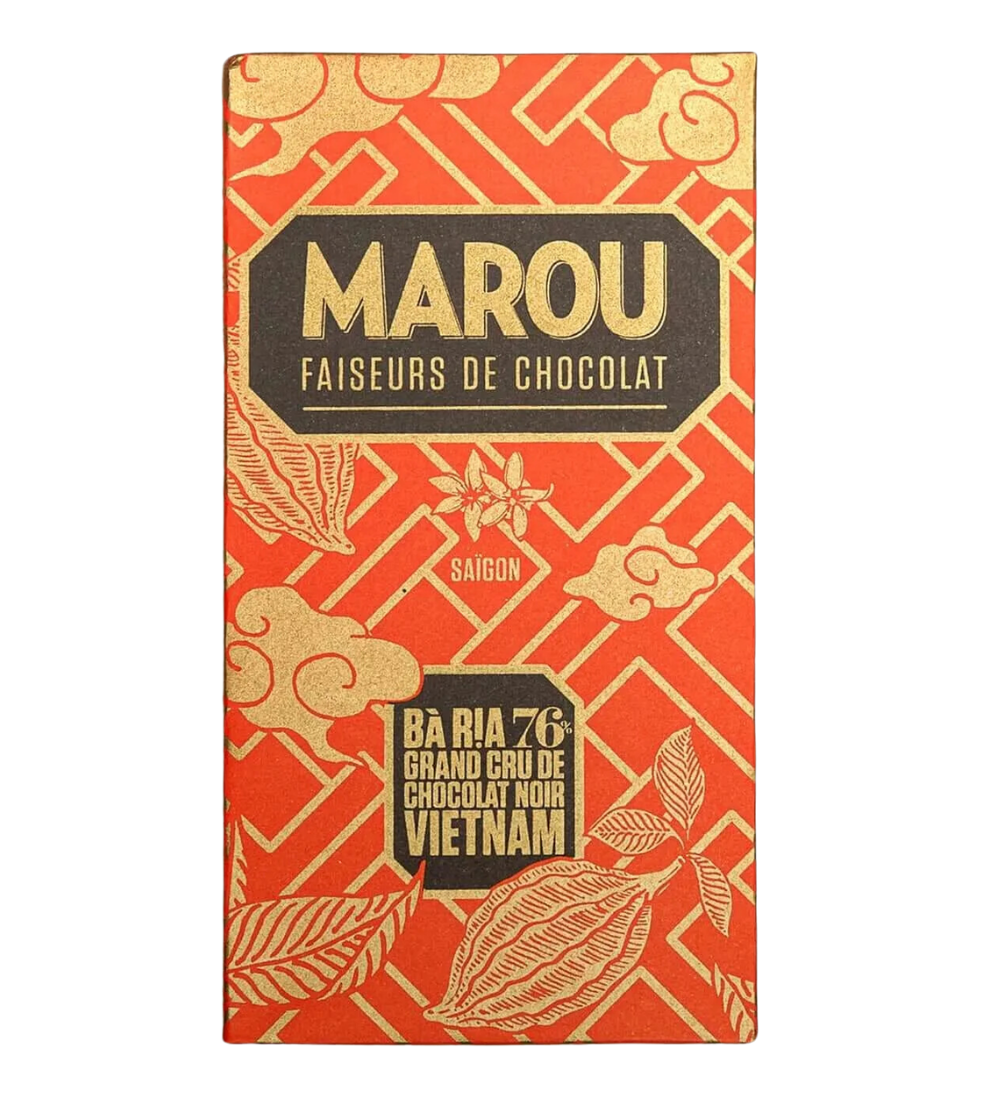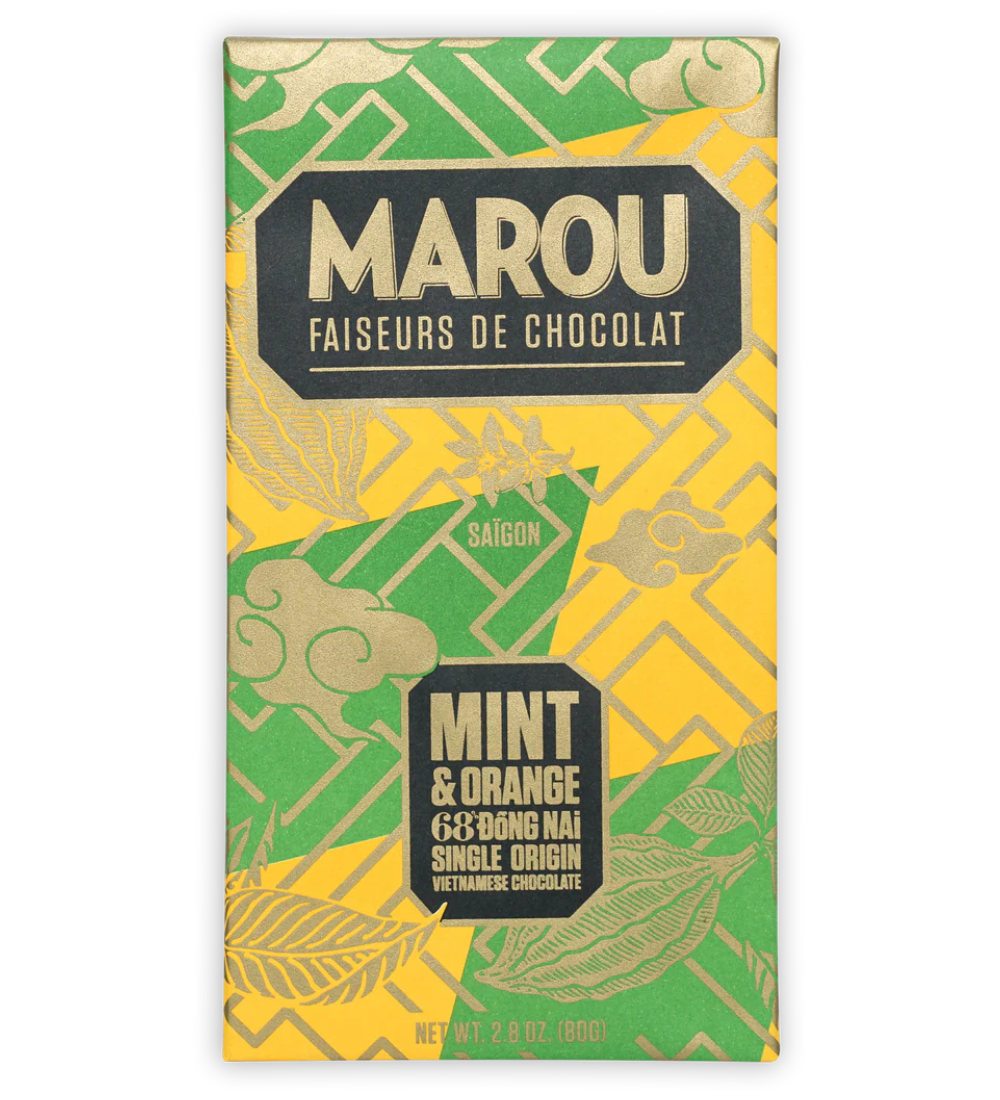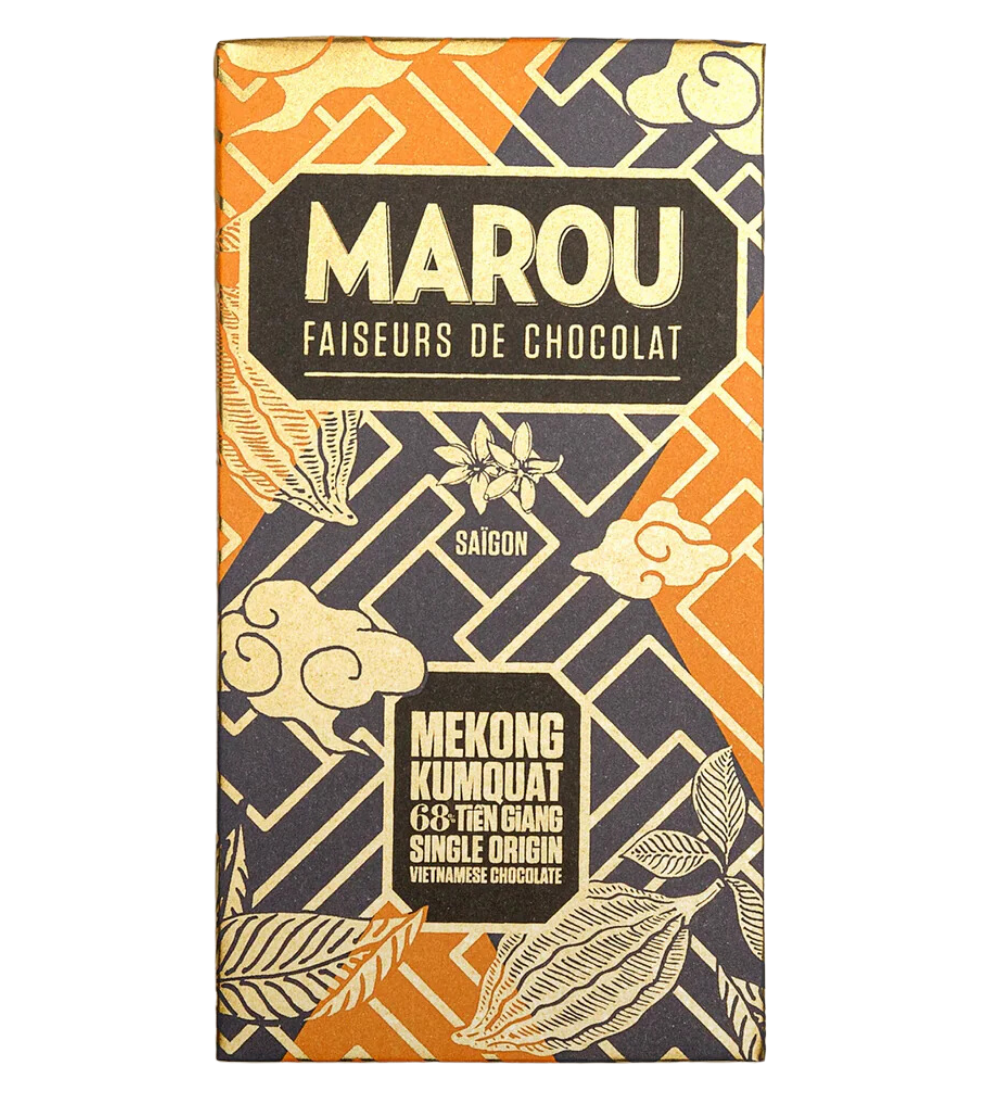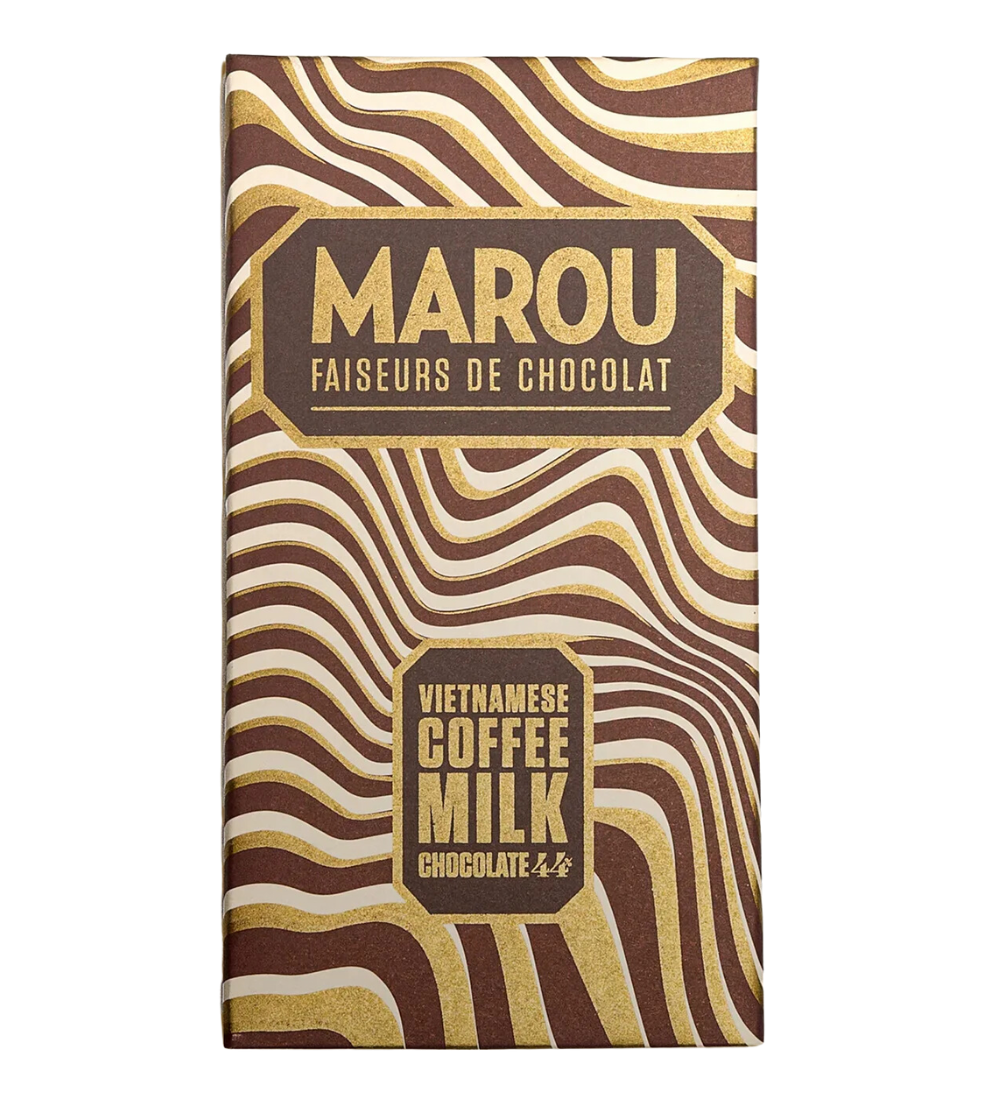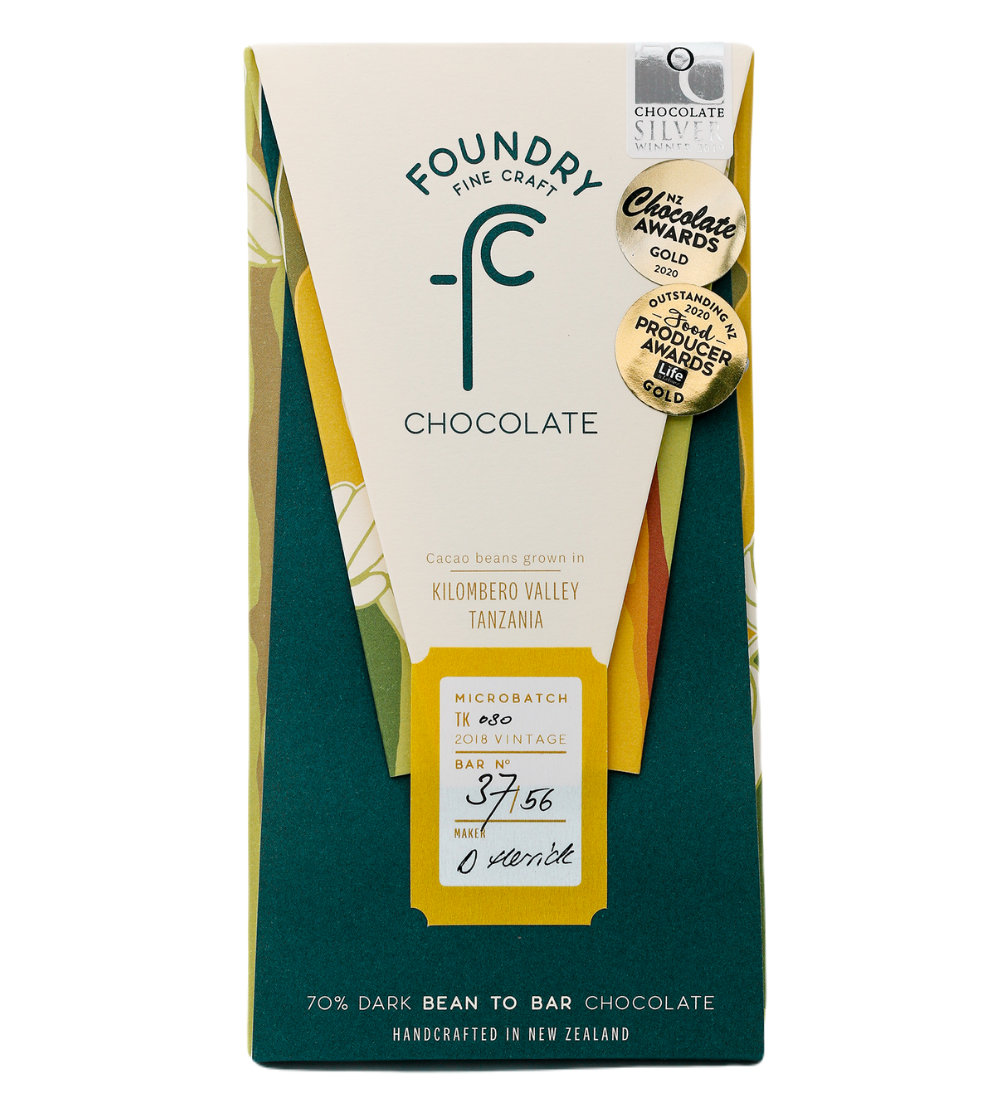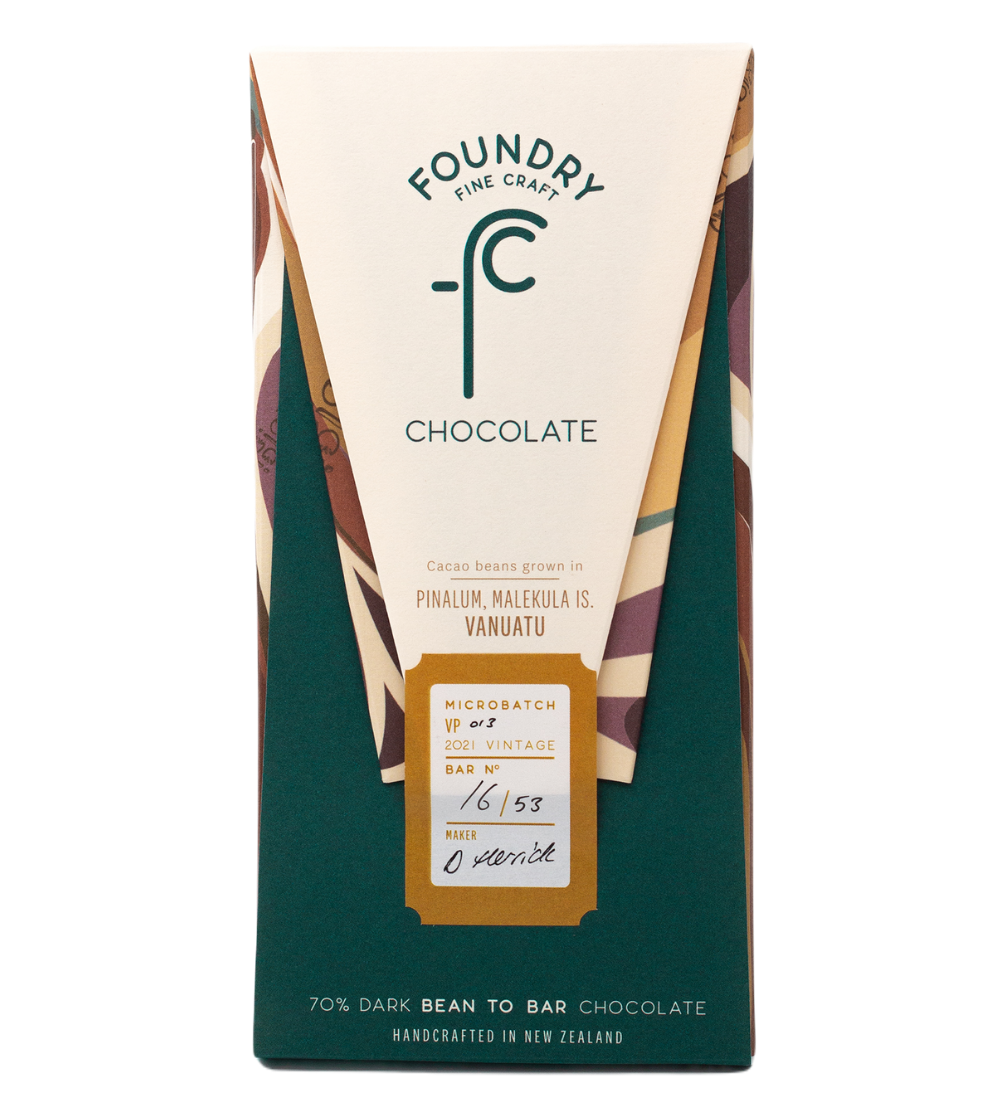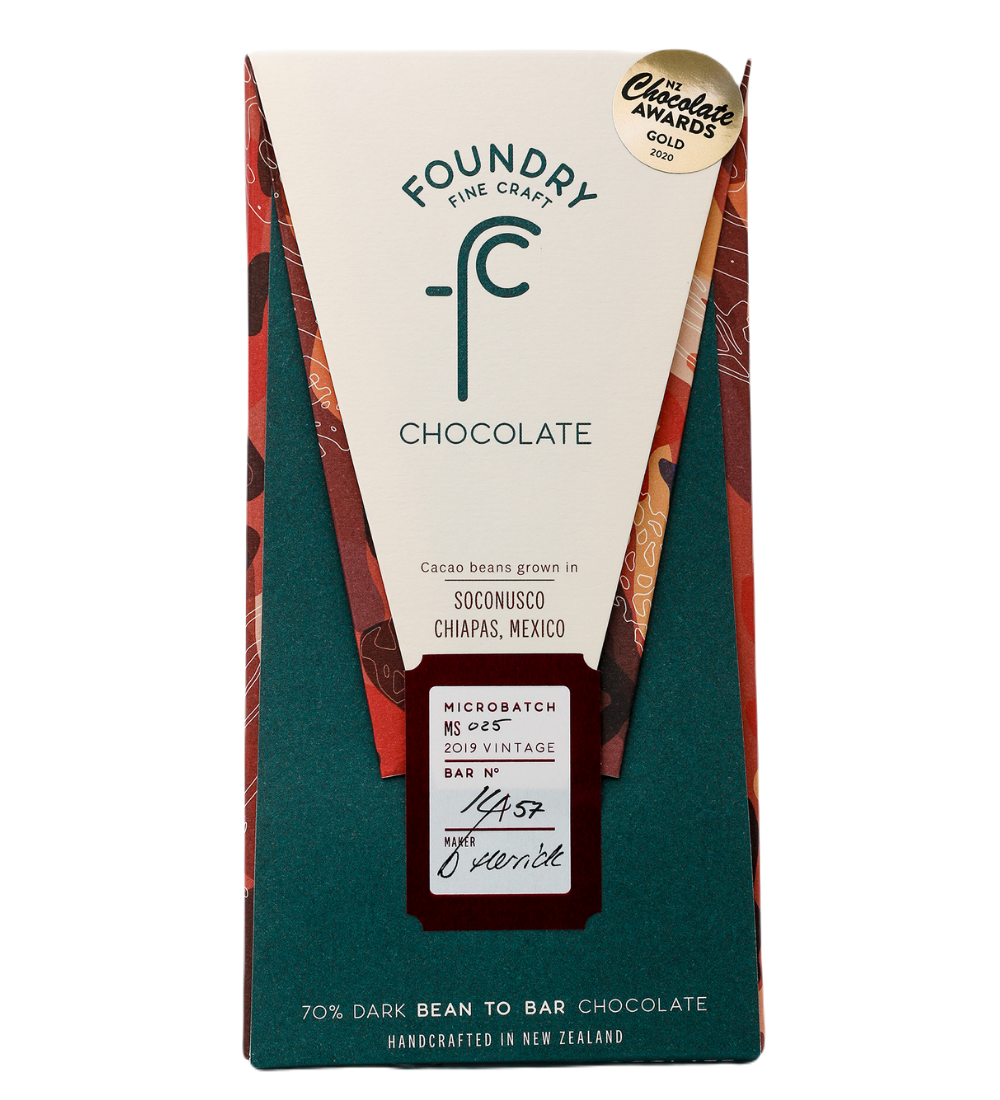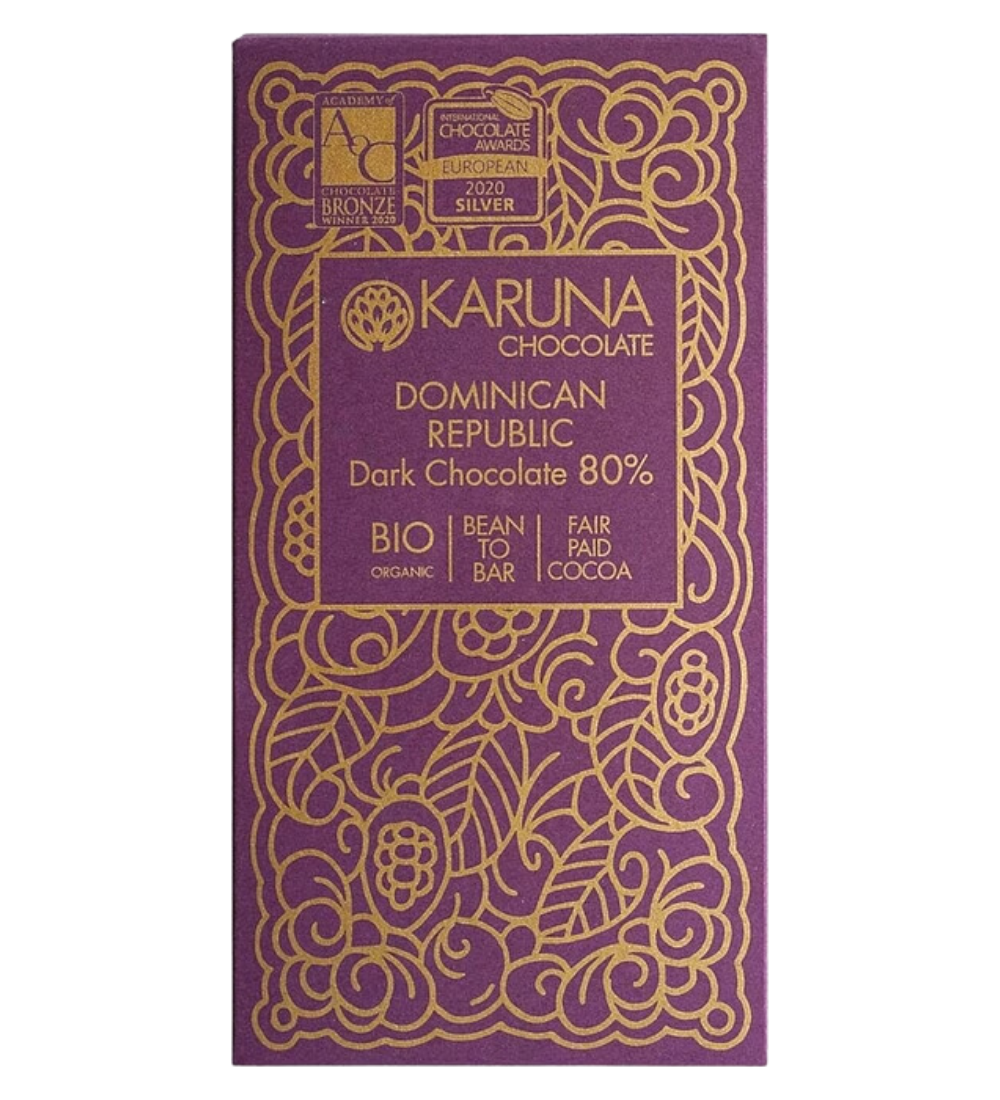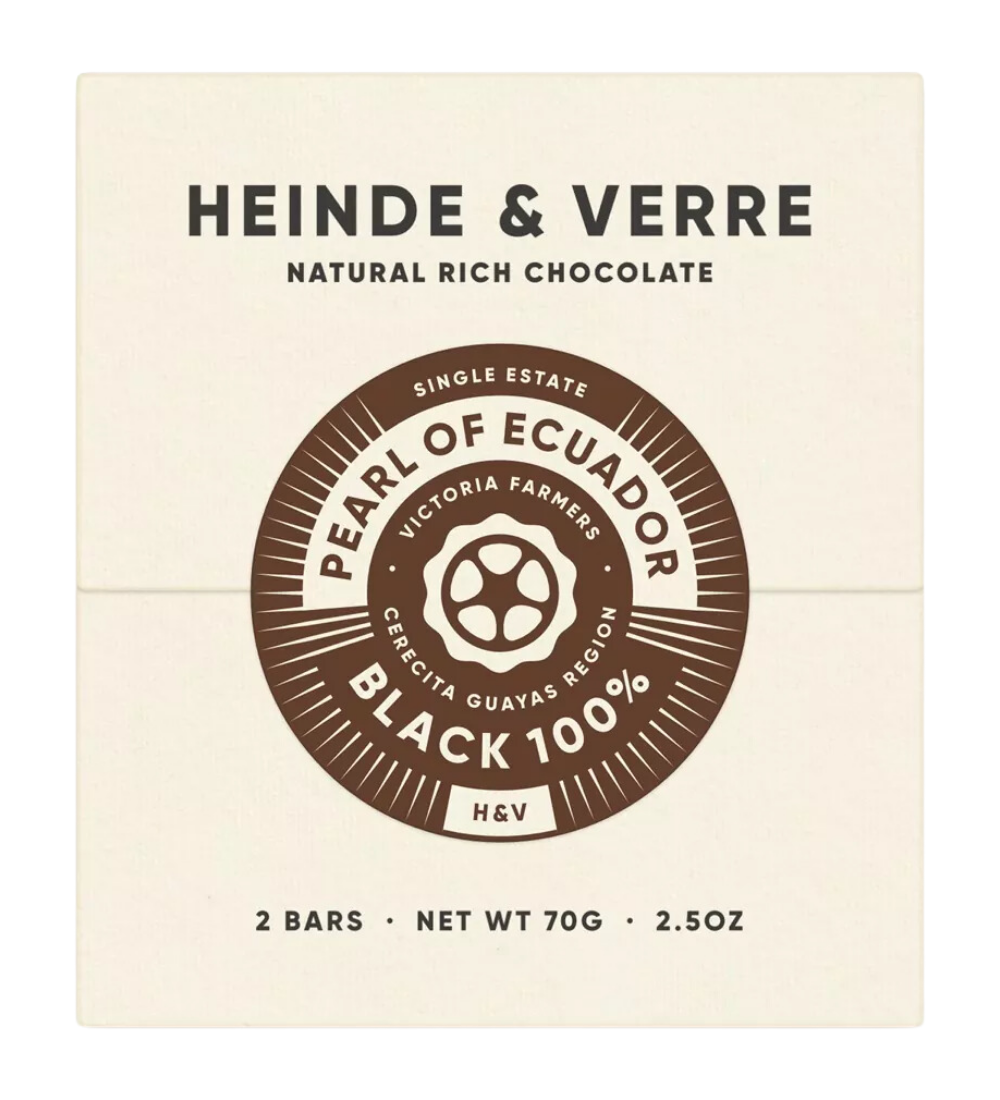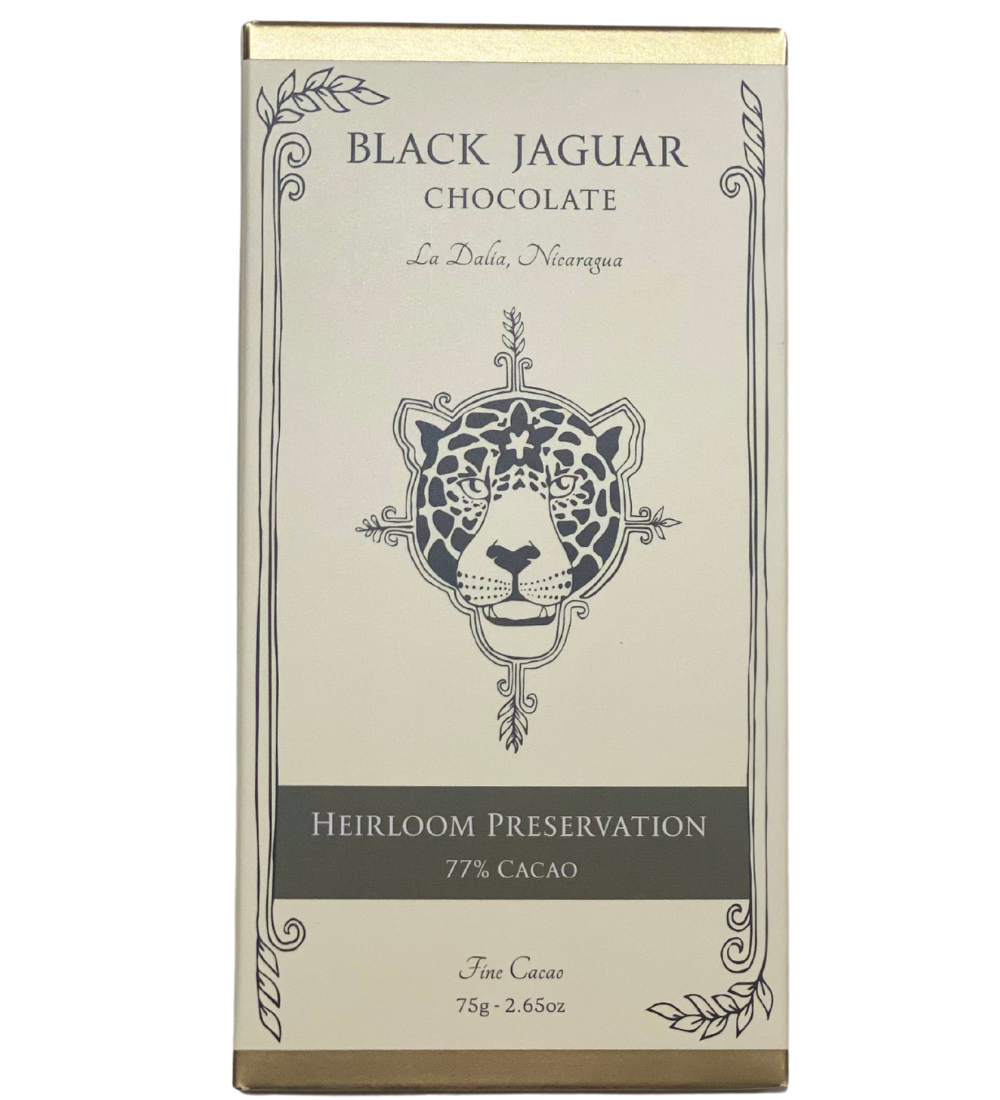Fonderie Ea Kar Dak Lak Vietnam 70%
Origine du cacao : Viêt Nam
Pays producteur : Nouvelle-Zélande
Poids : 70g
Adding product to your cart
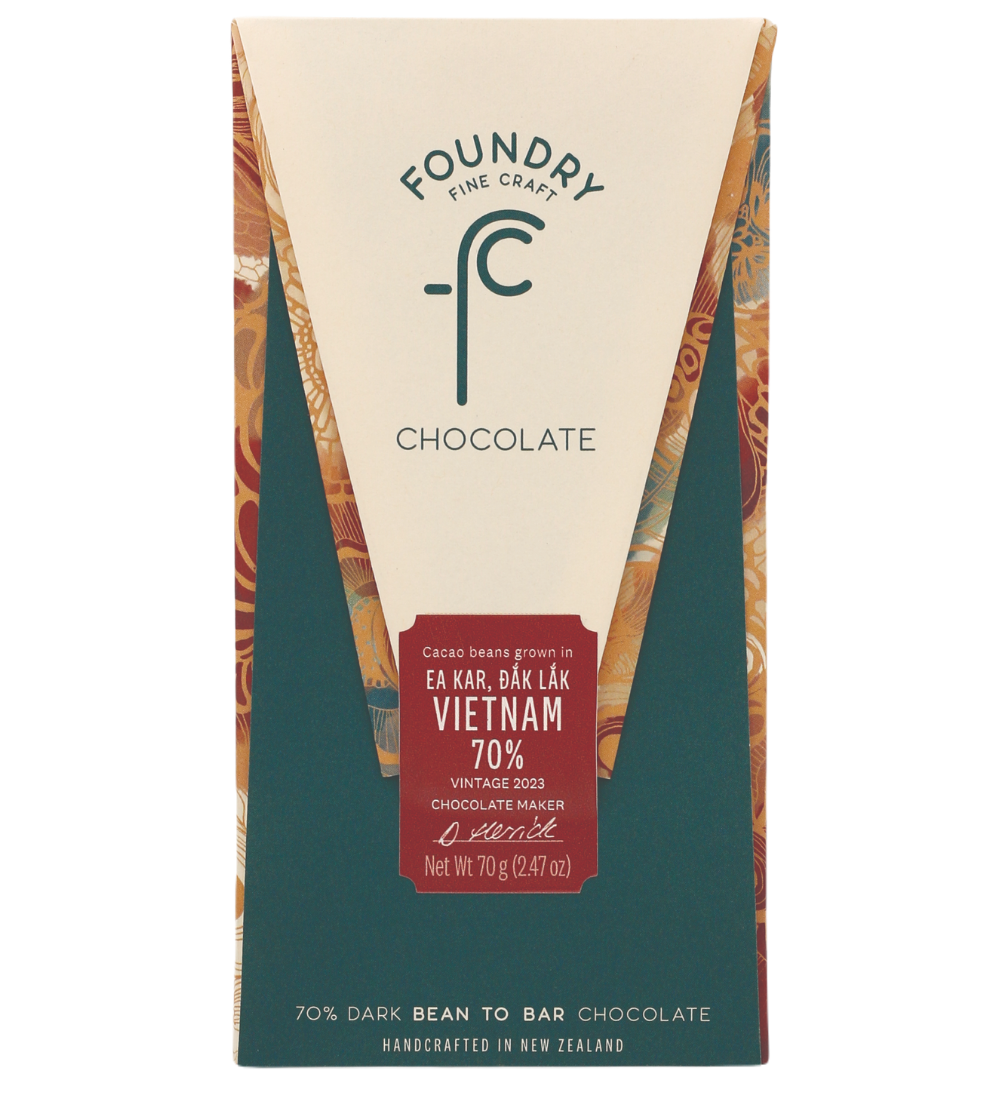
Fonderie Ea Kar Dak Lak Vietnam 70%

Foundry Chocolate, based in New Zealand, has been recognized with numerous awards, including being crowned Champion at the NZ Outstanding Food Producer Awards and earning multiple gold medals at the Academy of Chocolate Awards in London. Foundry’s dedication to quality and sustainability has also earned them the prestigious Snail of Approval from Slow Food's Auckland chapter. This recognition has led to regular showcases on TV3, TVNZ, and Radio New Zealand. David, Foundry’s founder and chocolate maker, is an engineer by trade. His passion for precision and craftsmanship informs the rigorous standards and attention to detail that defines Foundry. Sourcing only the finest quality cacao beans from ethical and sustainable farms, his bars highlight the unique flavours and terroir of the beans' origins using just two ingredients: cacao and organic cane sugar. The elegant packaging, designed by David’s wife Janelle, perfectly complements the purity and integrity of the chocolate inside. As one journalist put it, “the anticipation of opening each resealable parcel is like unwrapping gifts on Christmas morning.”
Achetez plus FoundryDak Lak is a province in the Central Highlands of Vietnam, renowned for its scenic lakes and waterfalls. Located on the southwest slope of the Annamite Range, Dak Lak features predominantly mountainous terrain, with a flat expanse of highland rich in basaltic soil, which greatly benefits agricultural activities. The region experiences distinct wet and dry seasons, though its climate varies due to the diverse topography and elevation. Dak Lak is distinguished by its coffee cultivation, and the province hosts a week-long coffee festival. Additionally, rubber, fruits, and increasingly hydroelectricity contribute to the local economy. The province has long been inhabited by ethnic minorities, with 44 groups still residing there. Their gong performances, associated with traditional rituals and ceremonies, are listed in UNESCO’s Intangible Cultural Heritage. Traditional architecture is another highlight, with numerous stilt houses constructed from giant wild trees, and each piece of furniture handcrafted.
